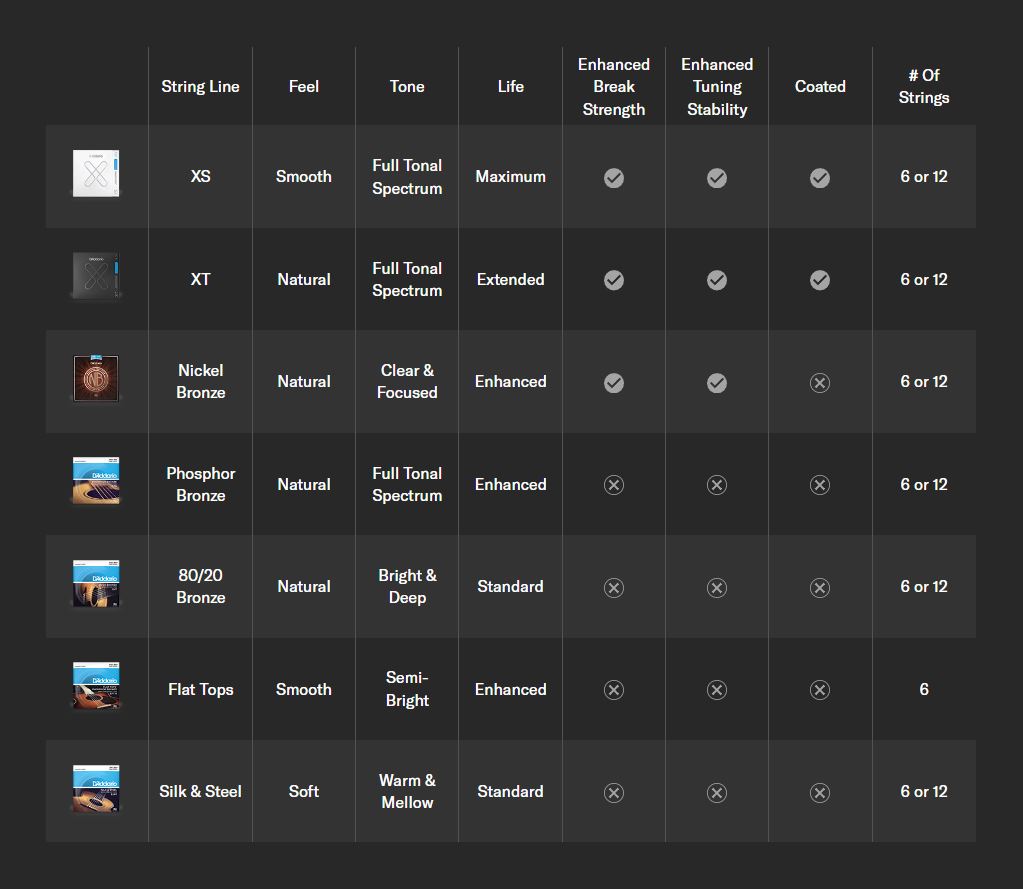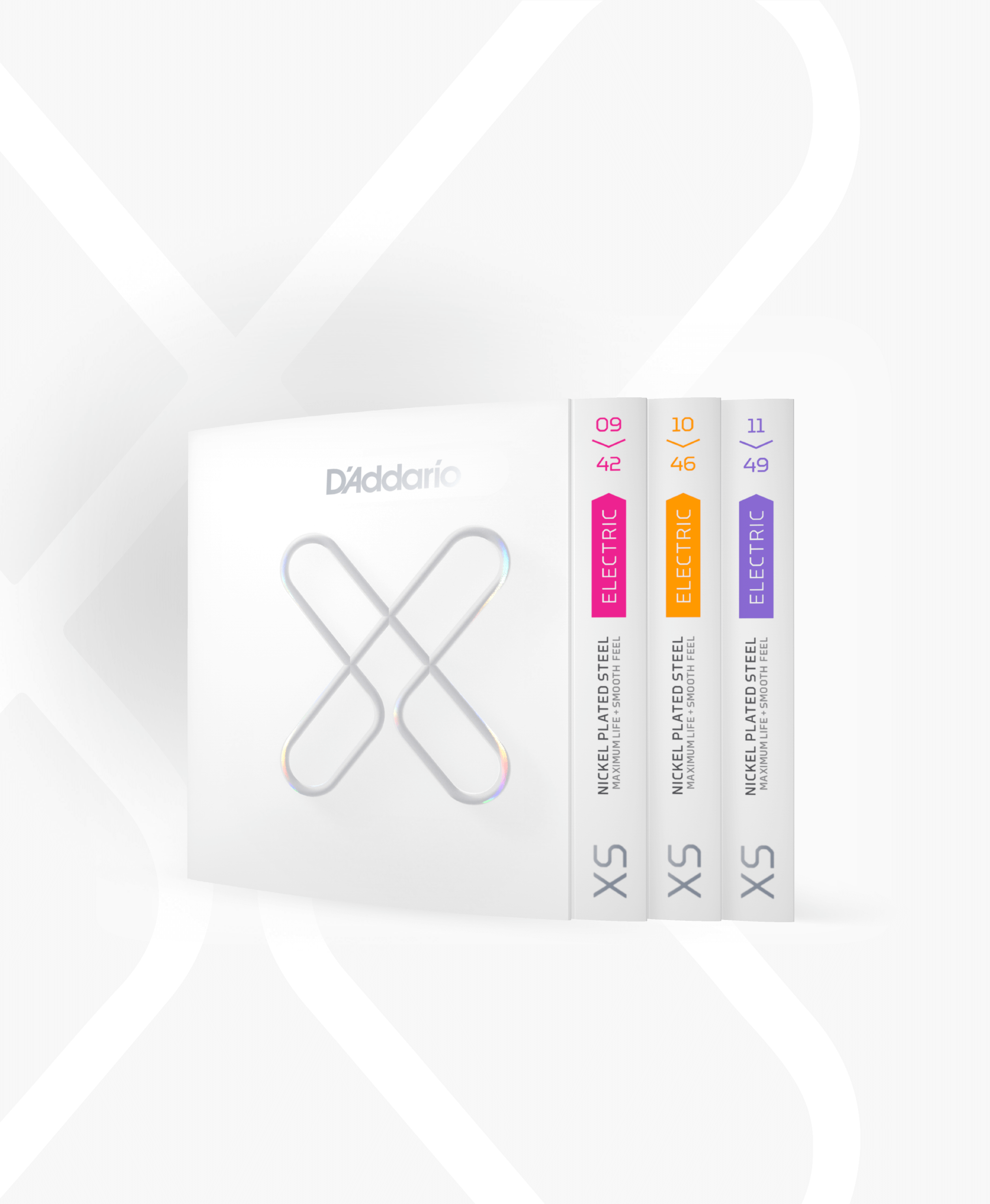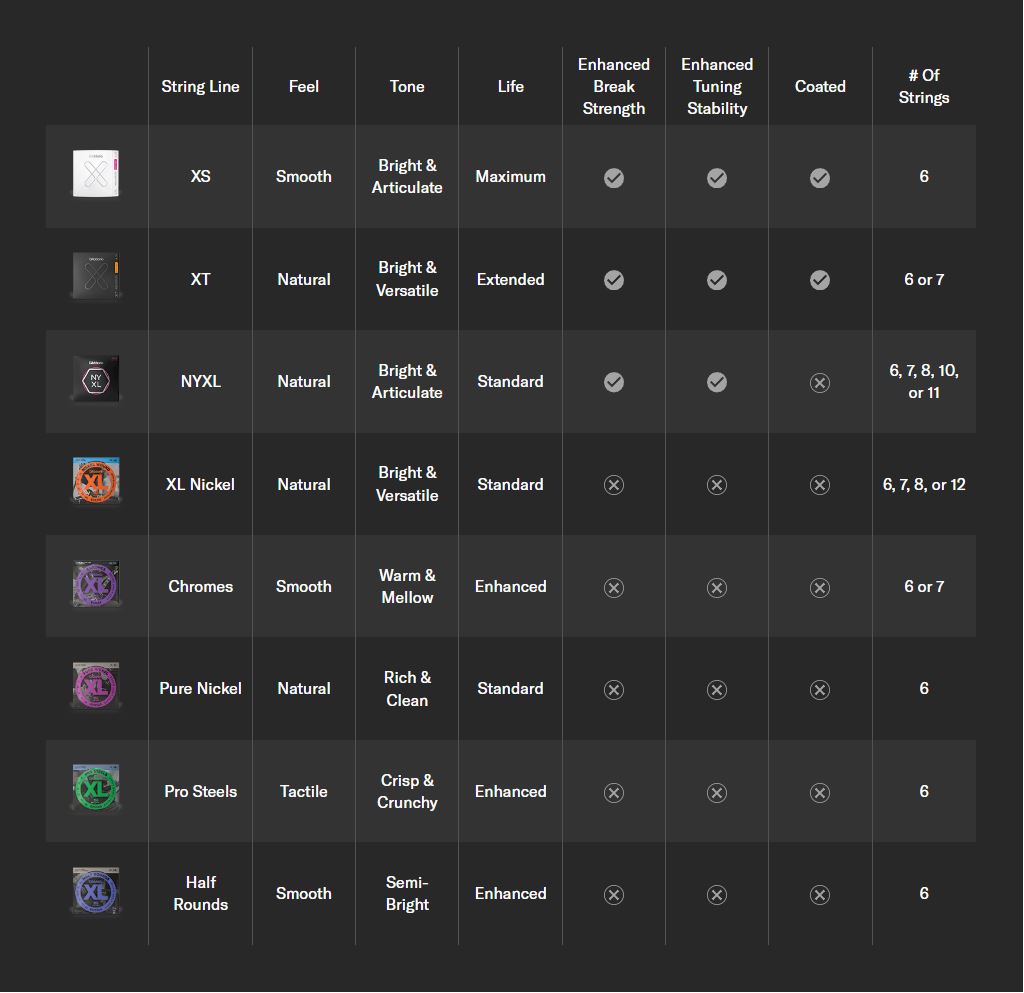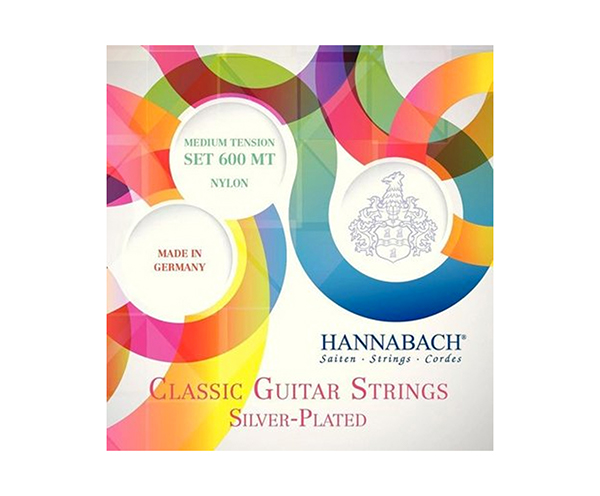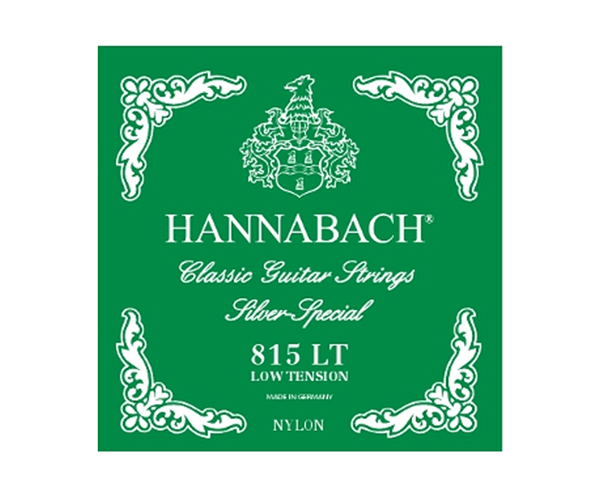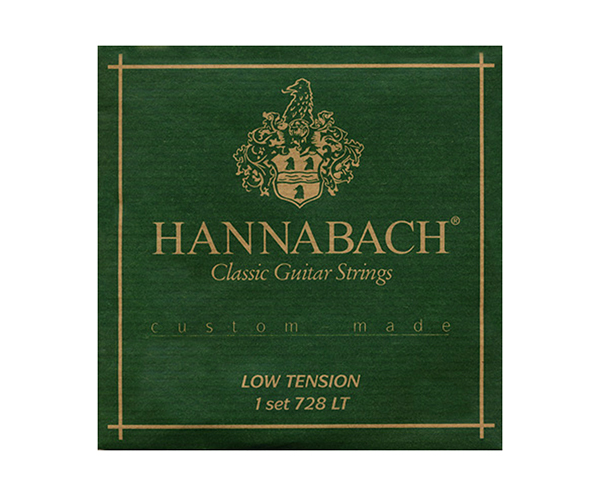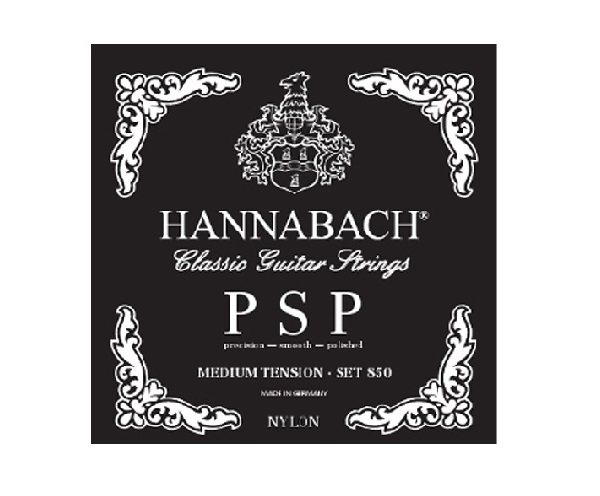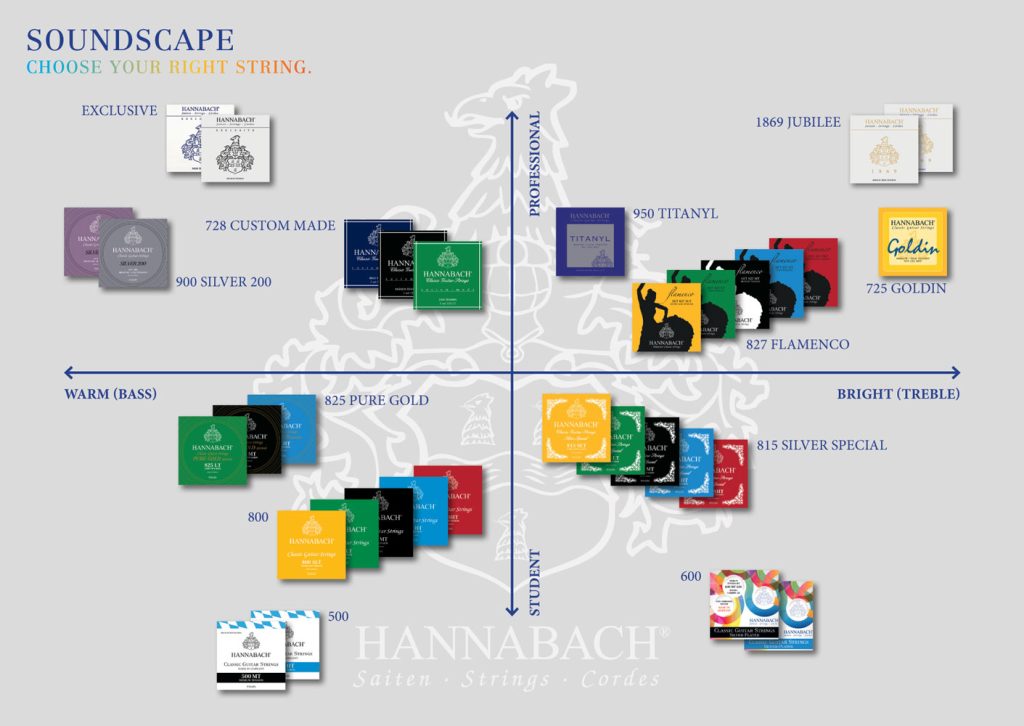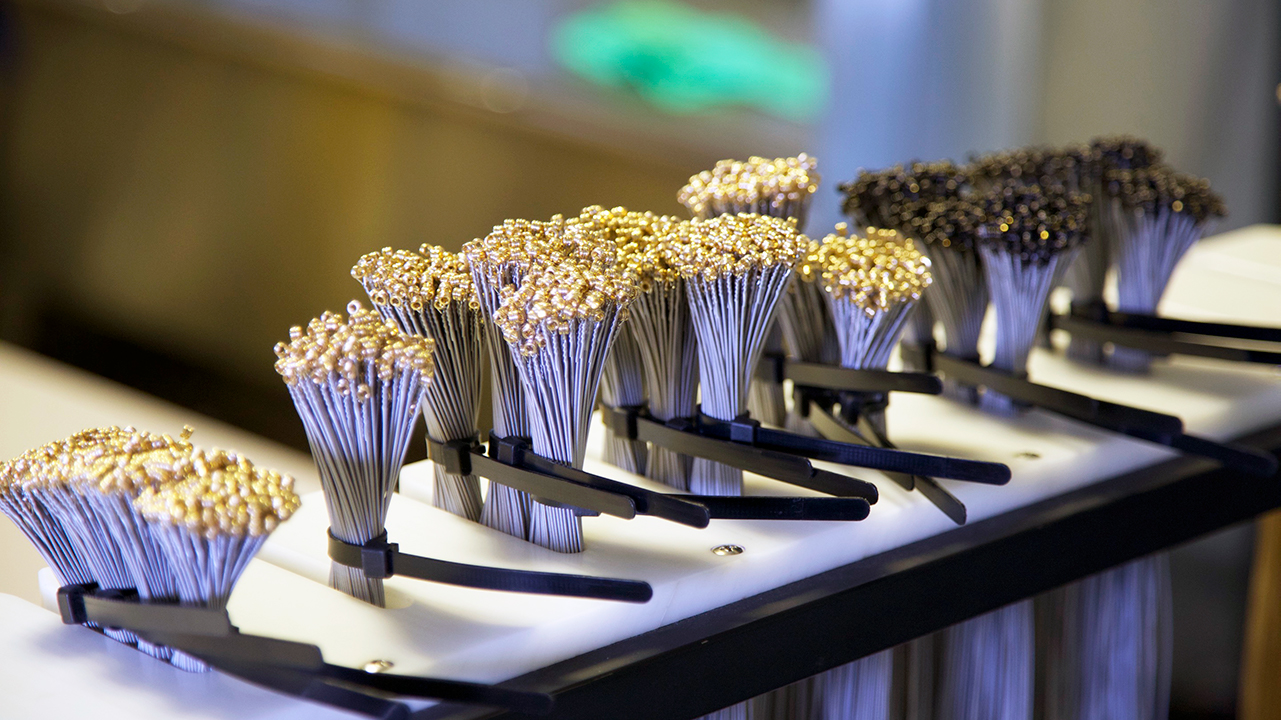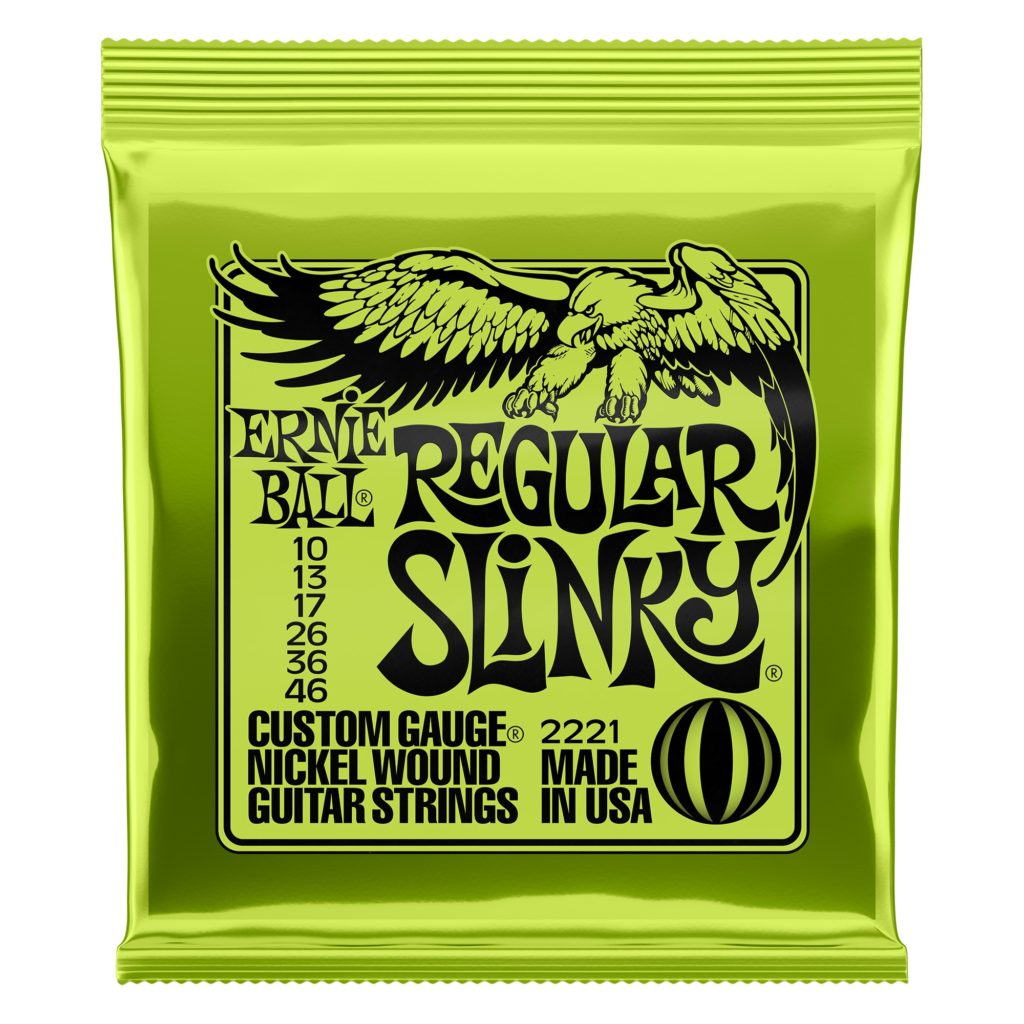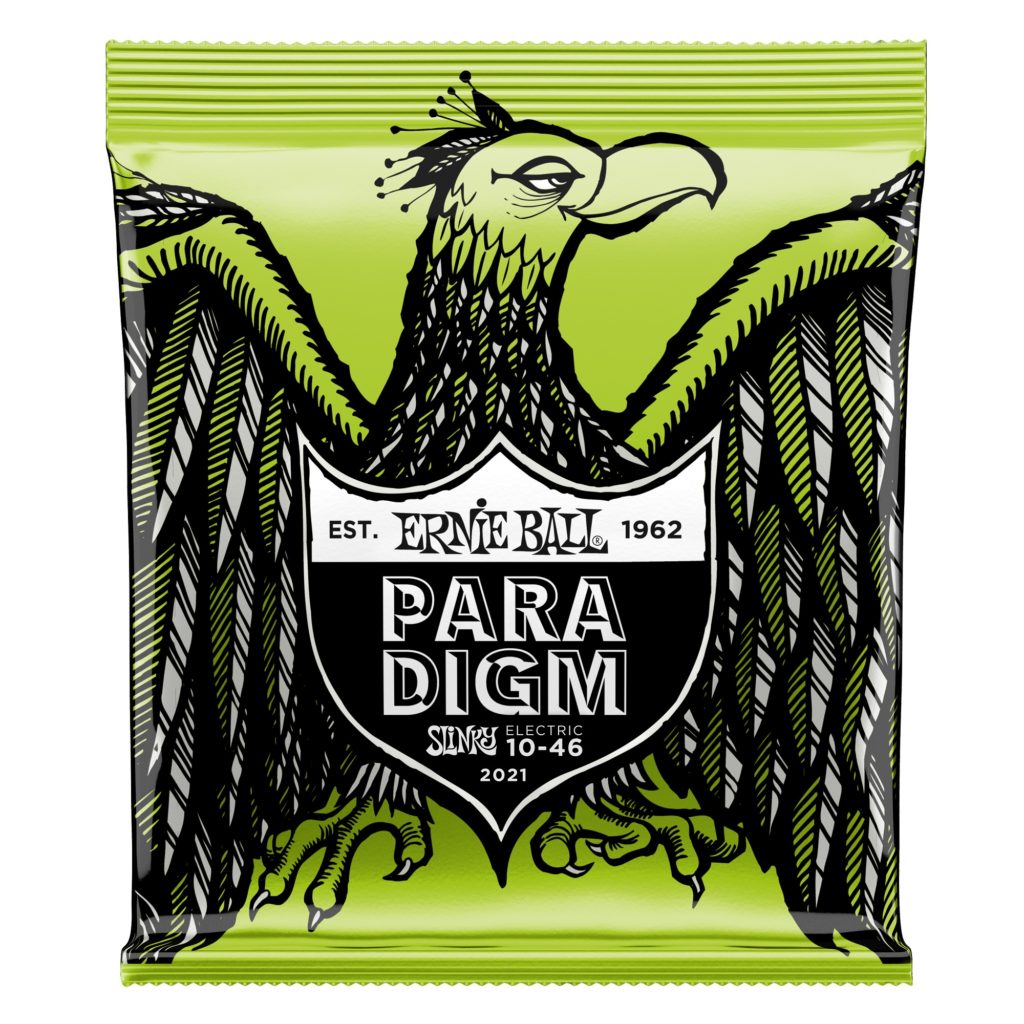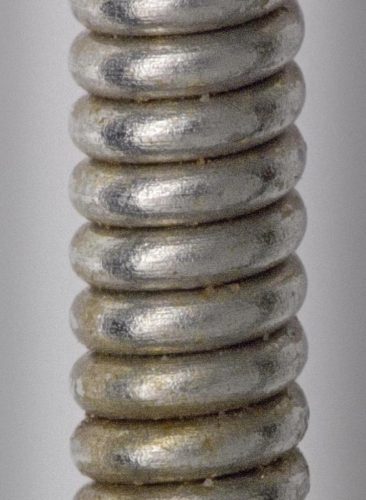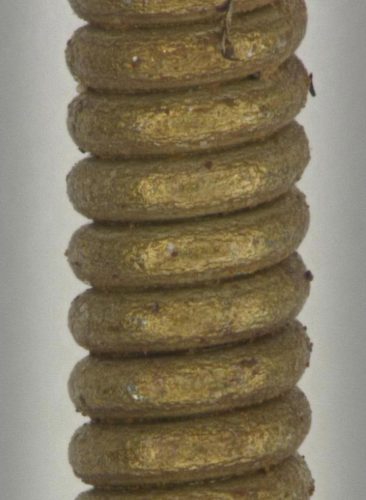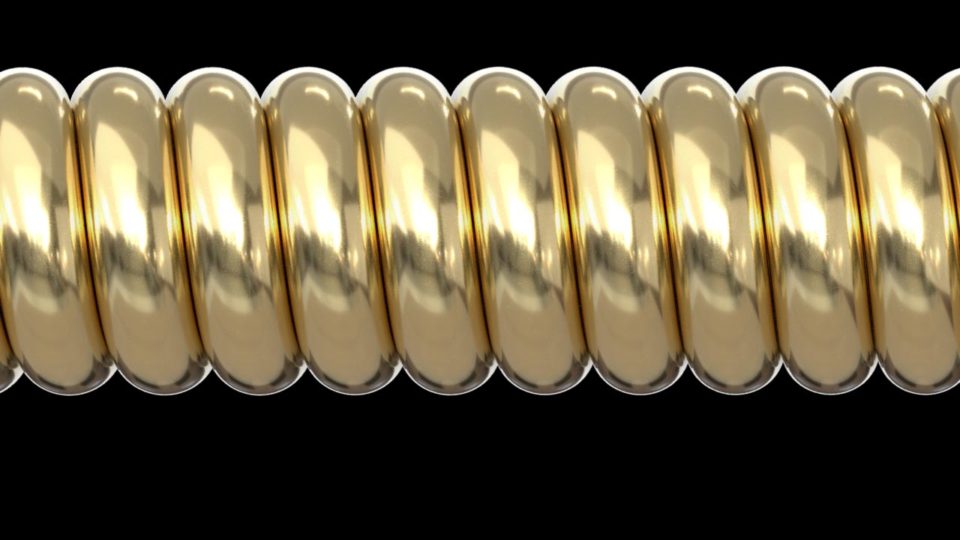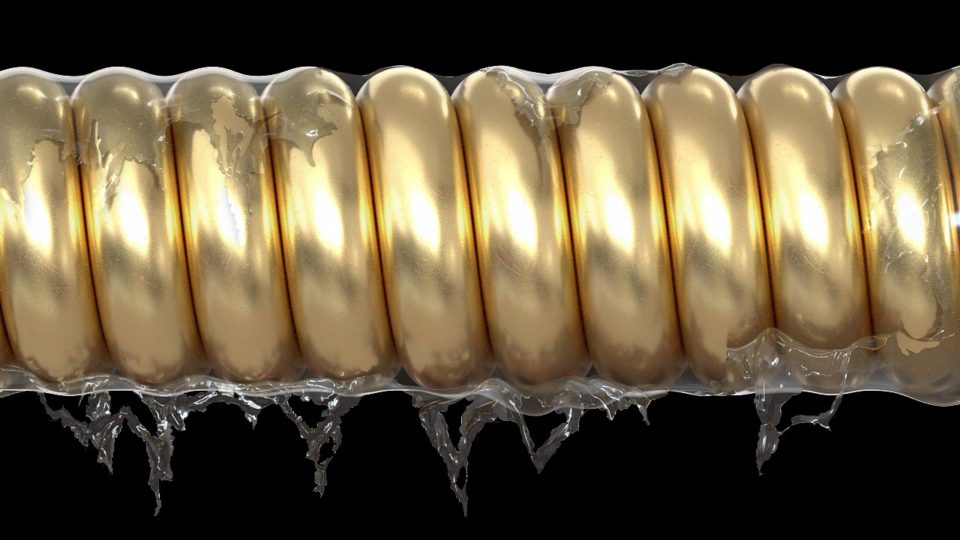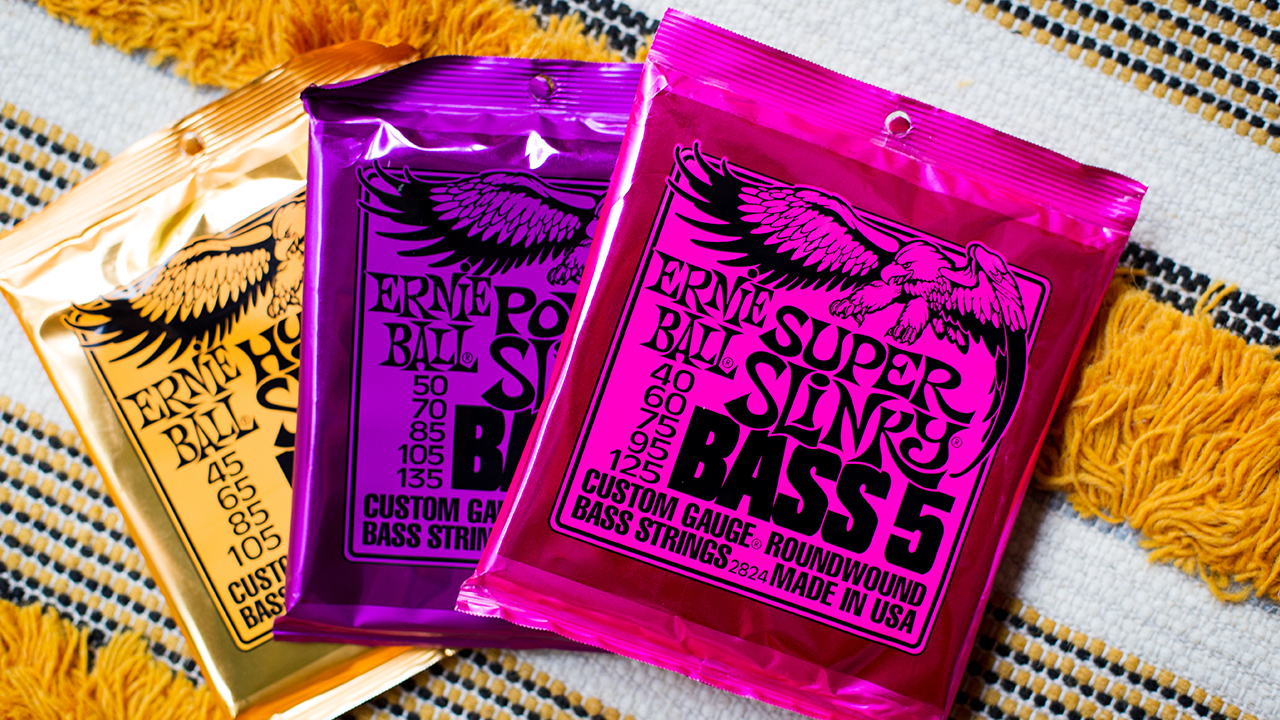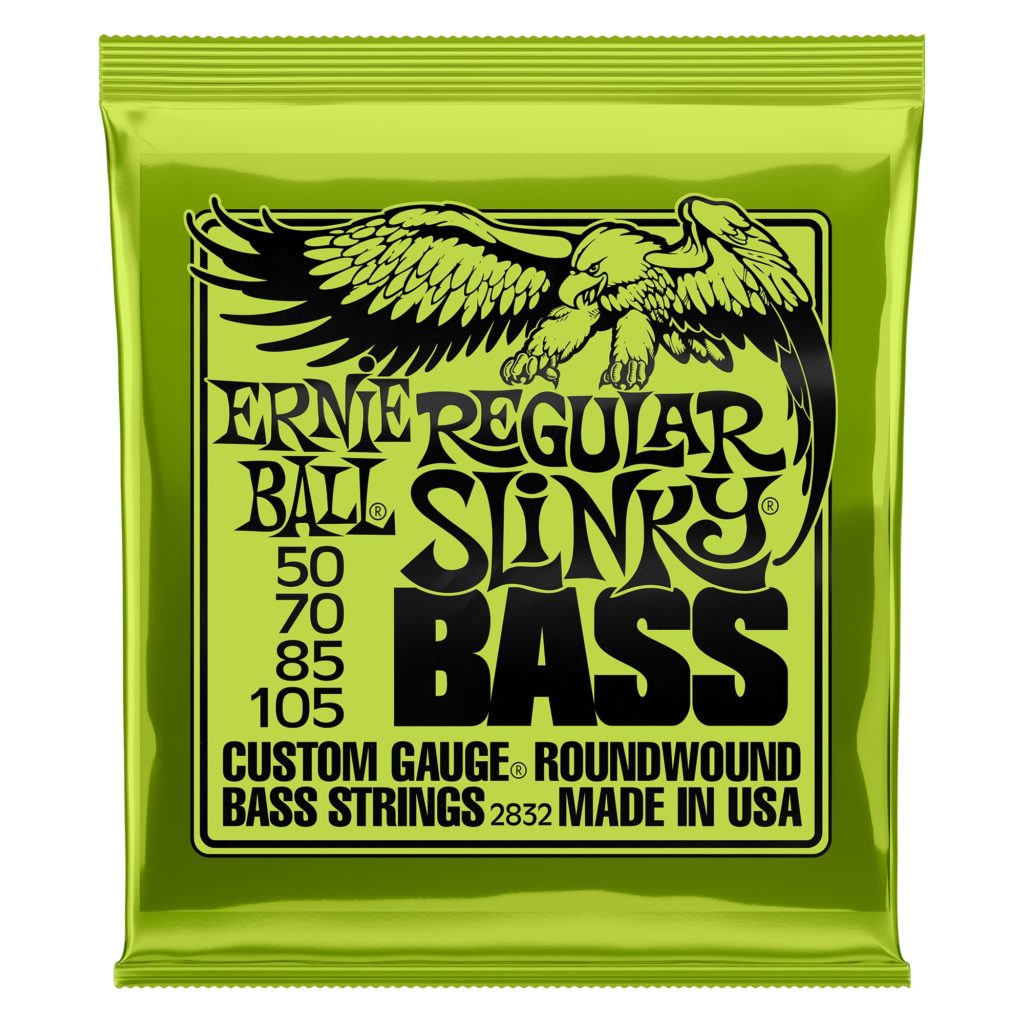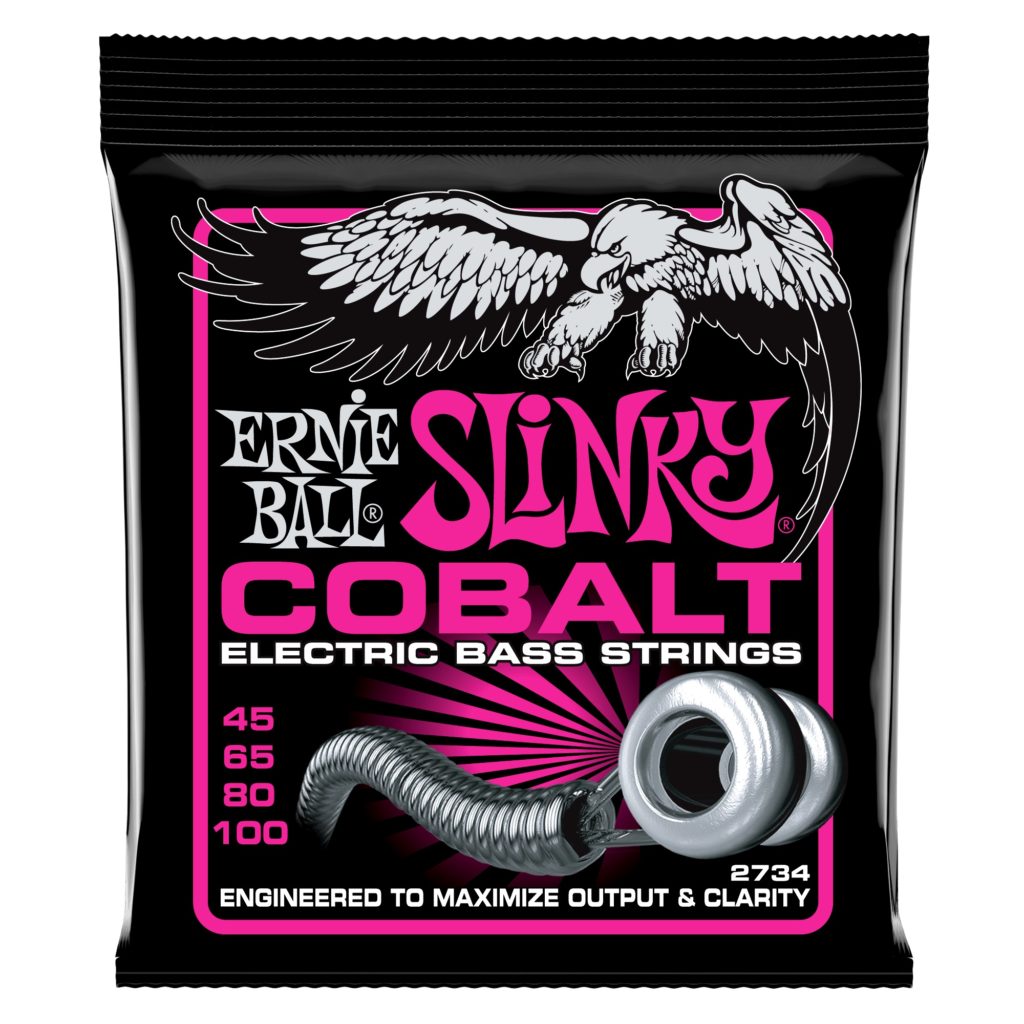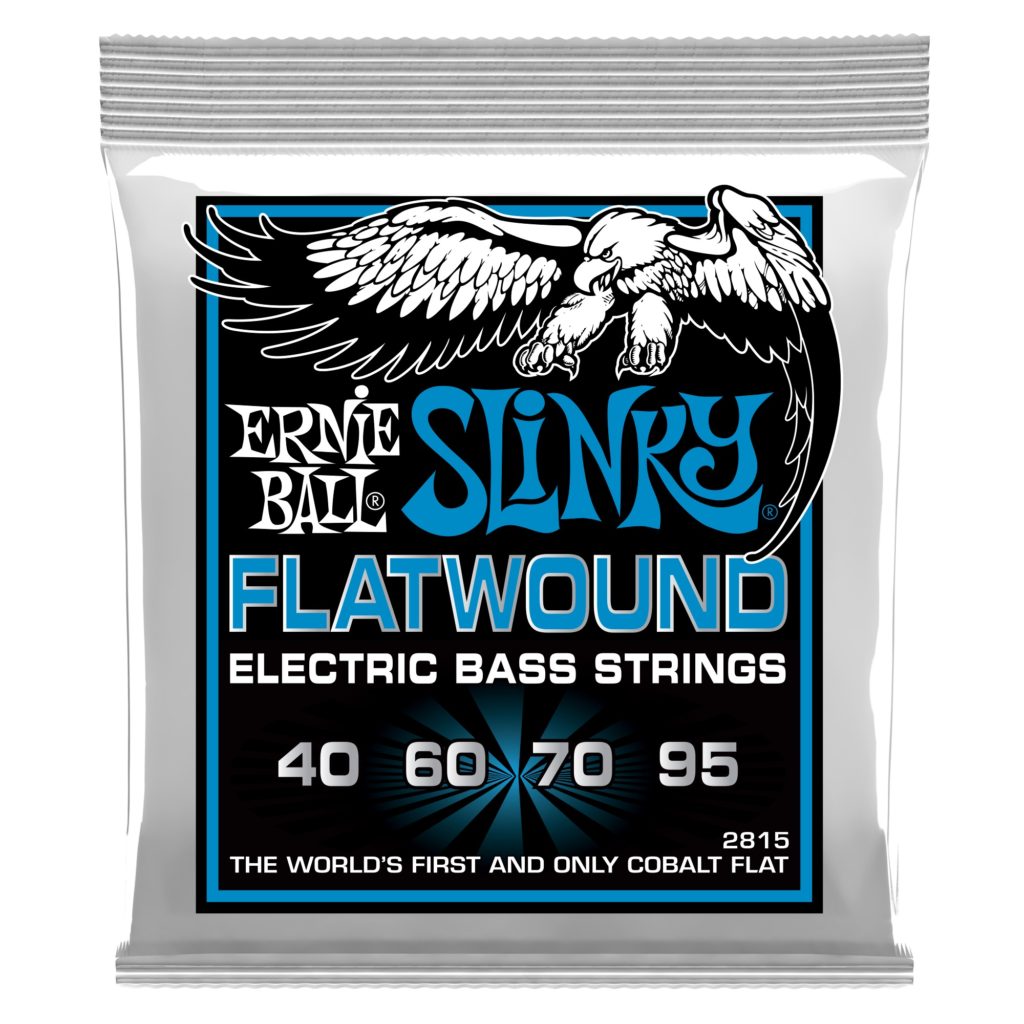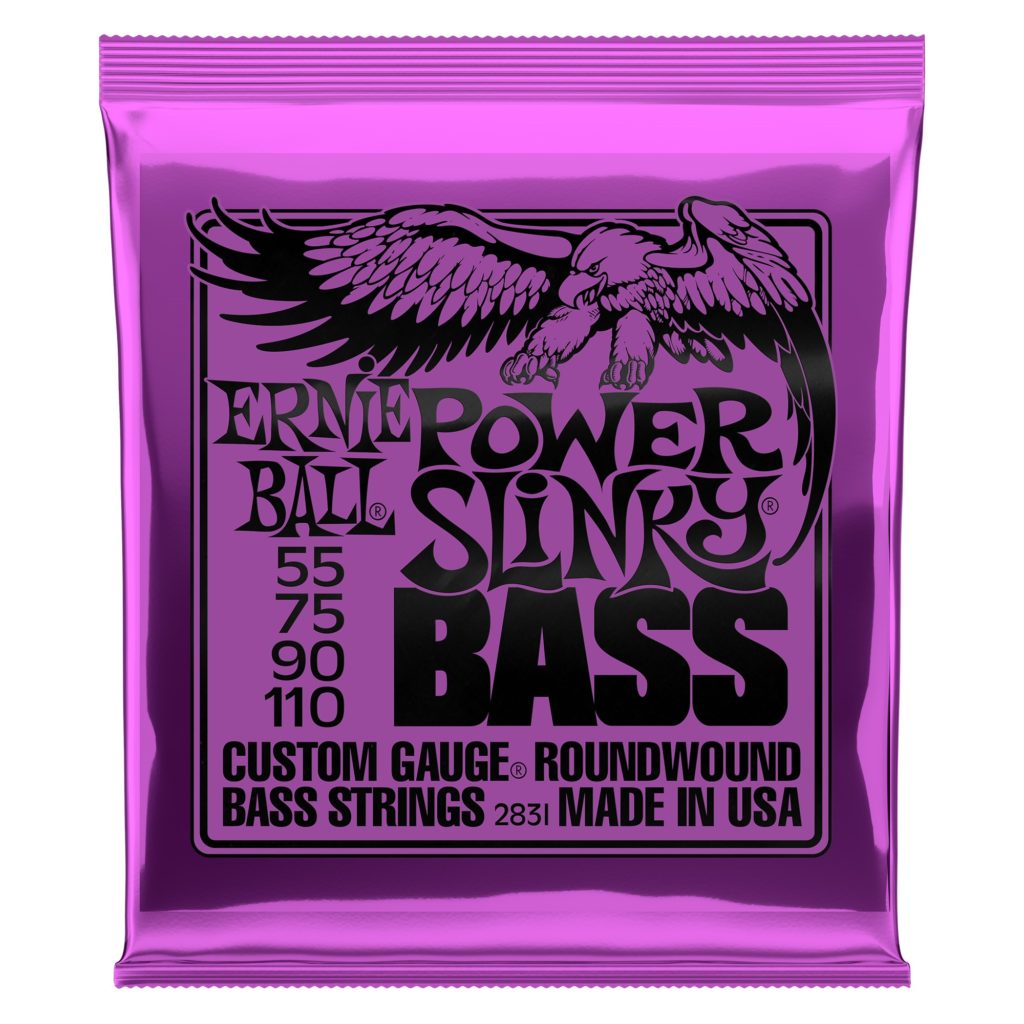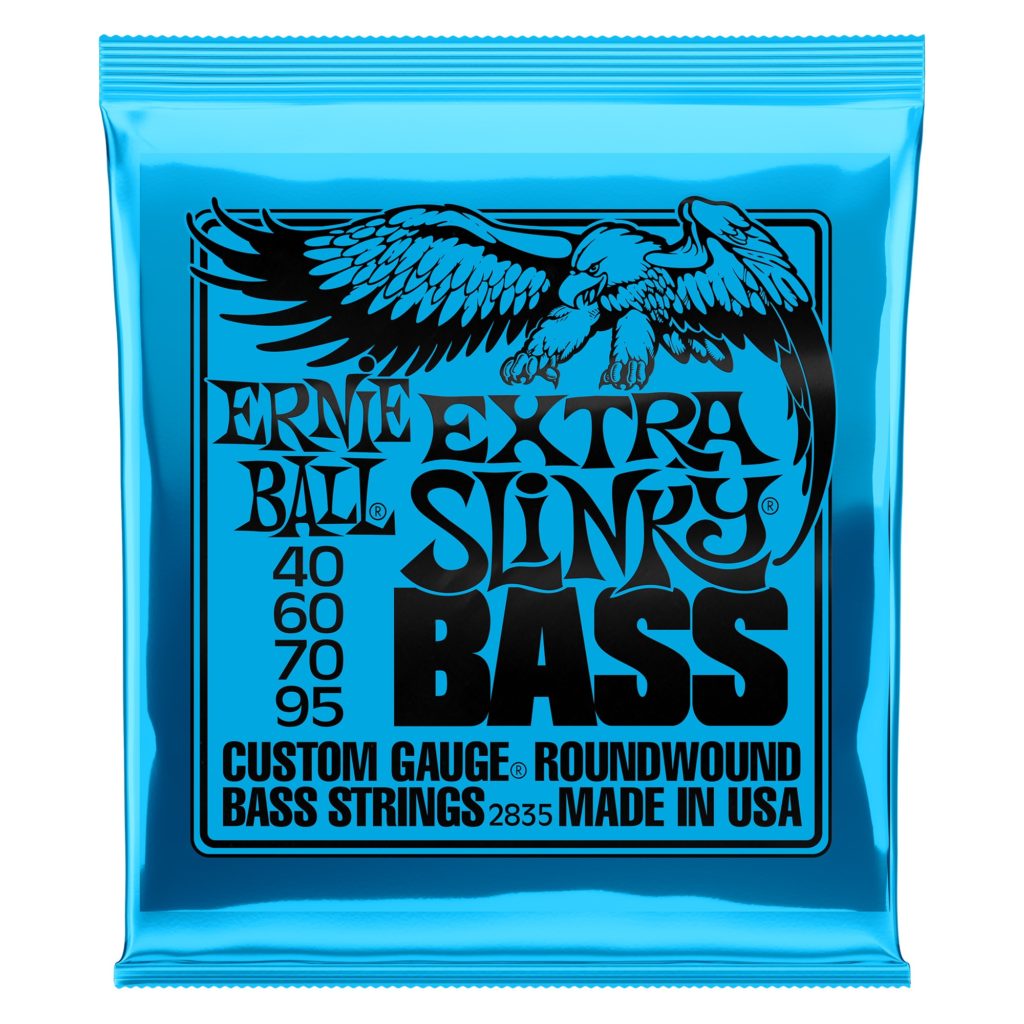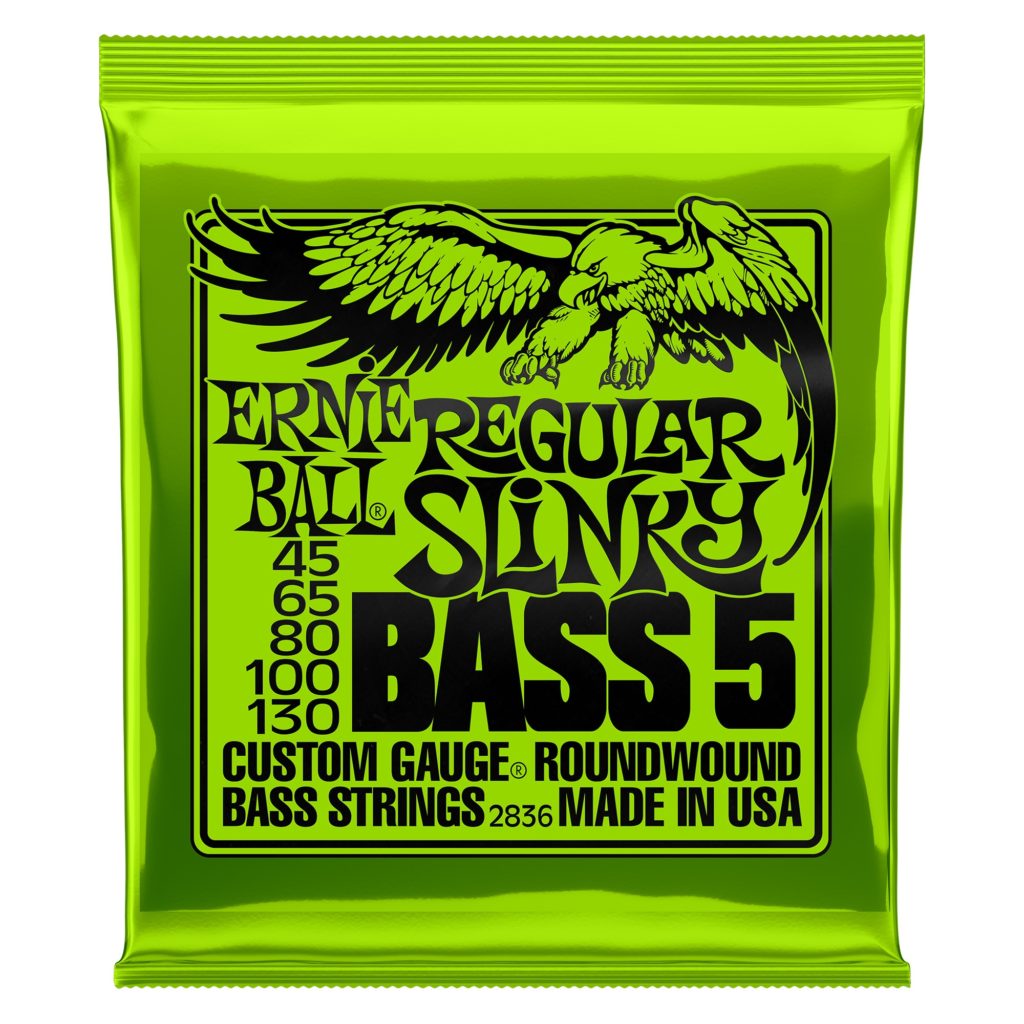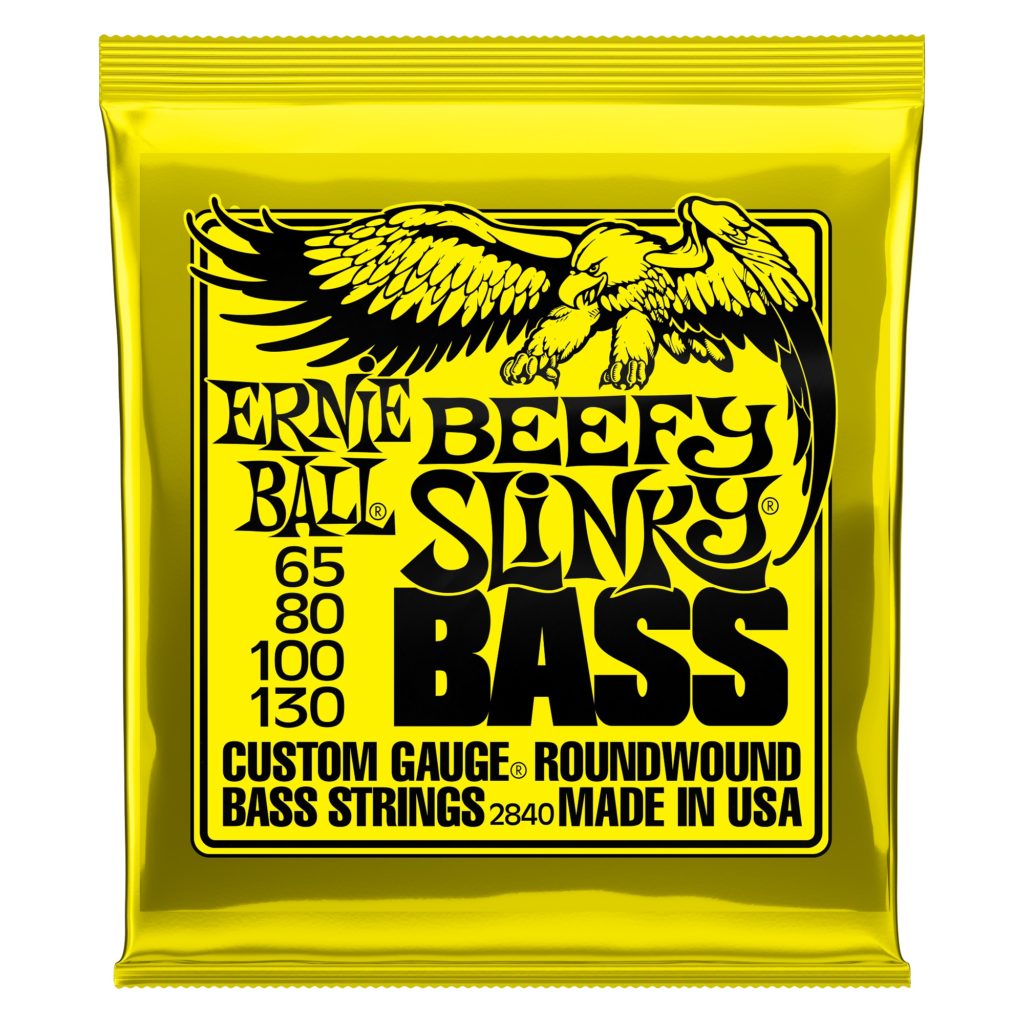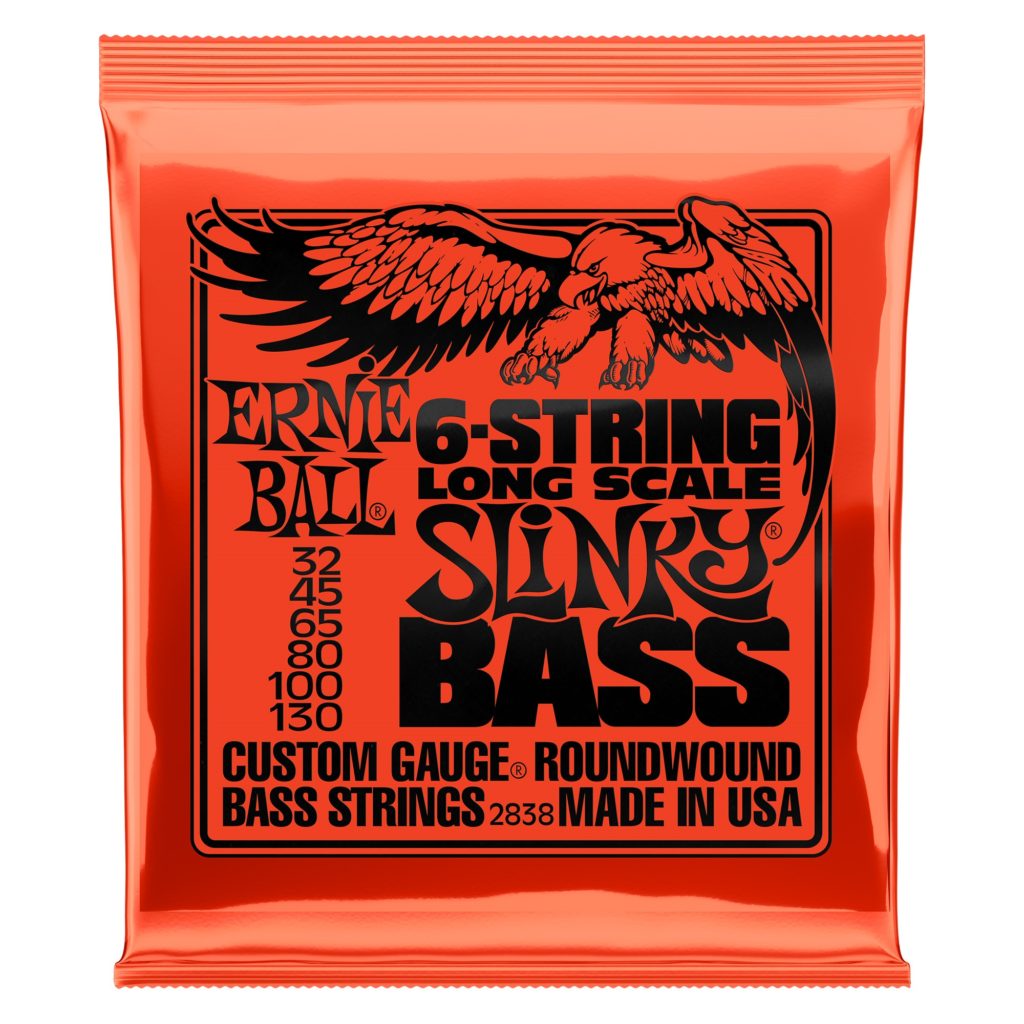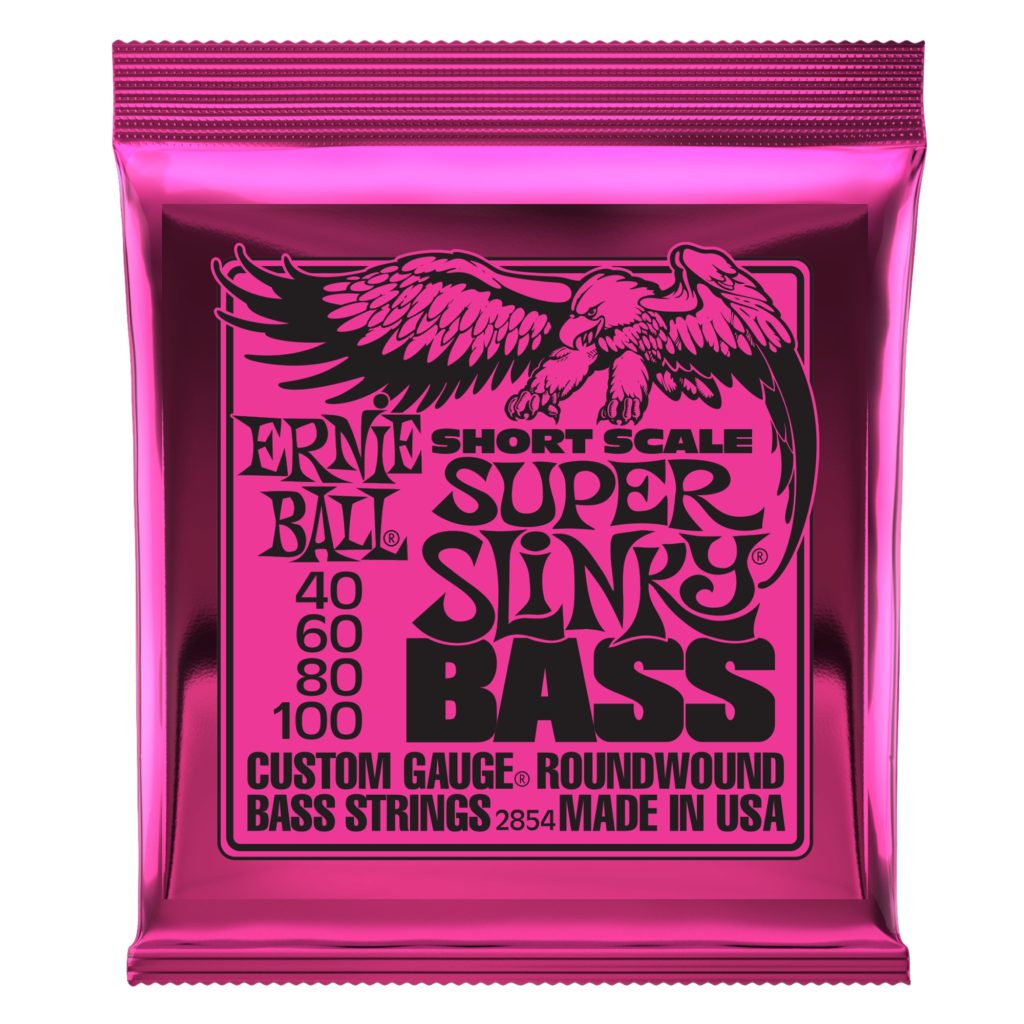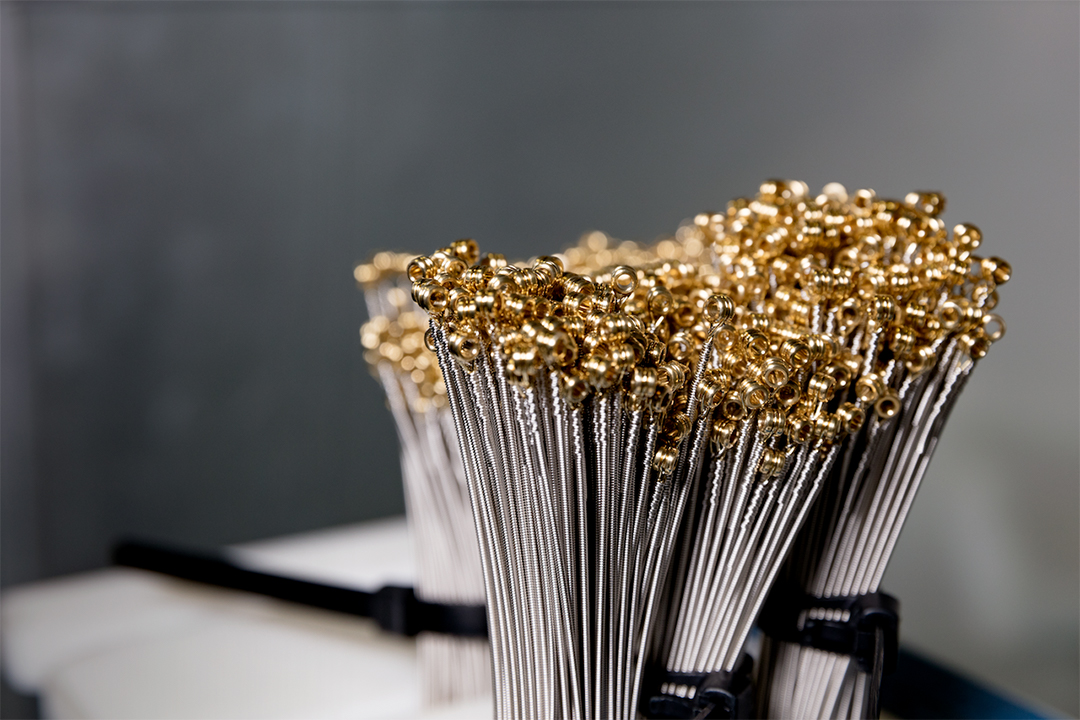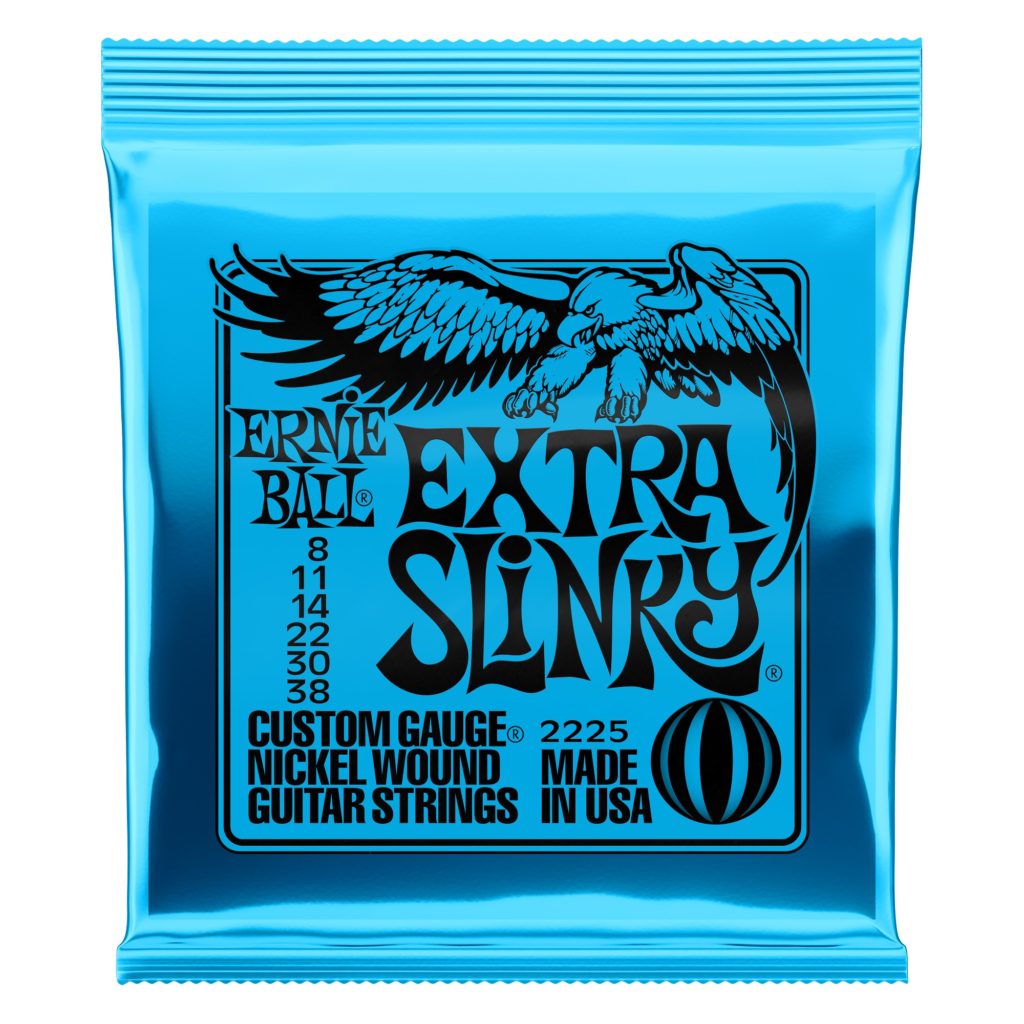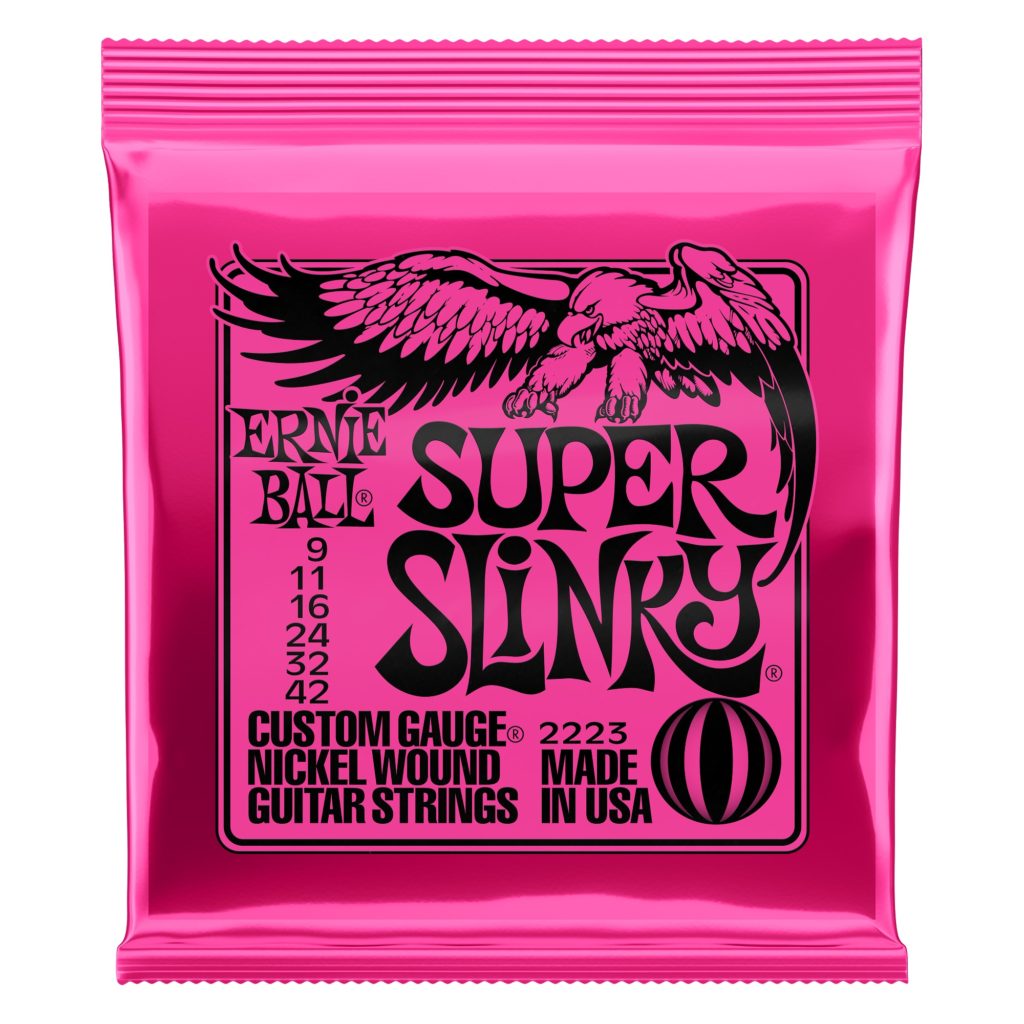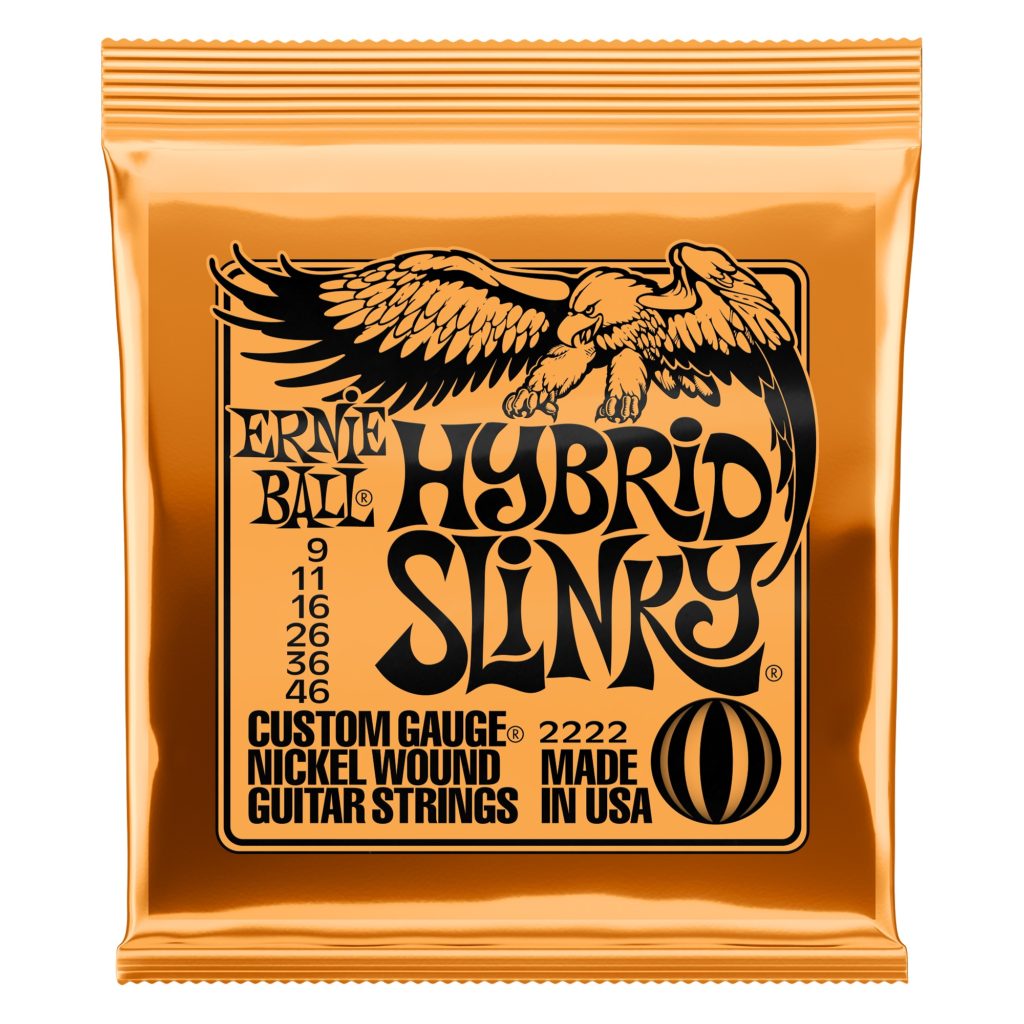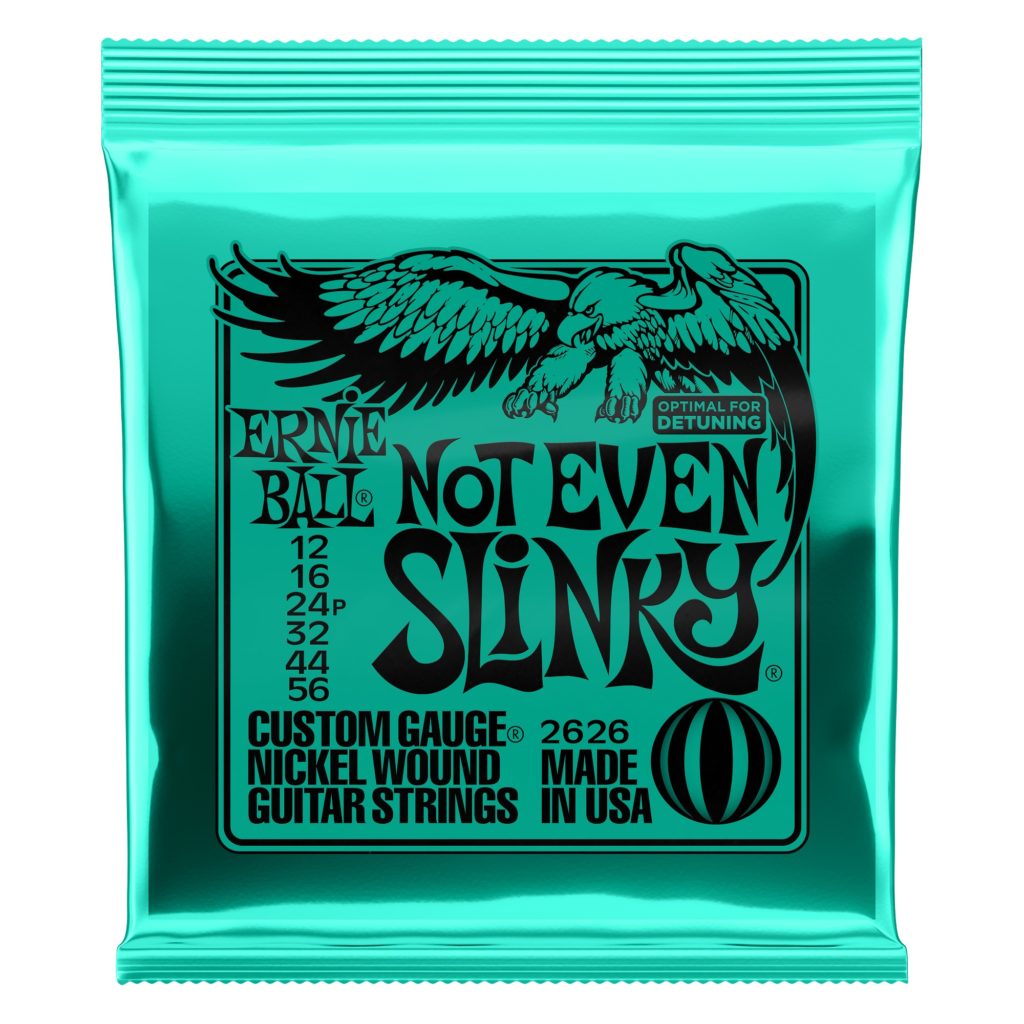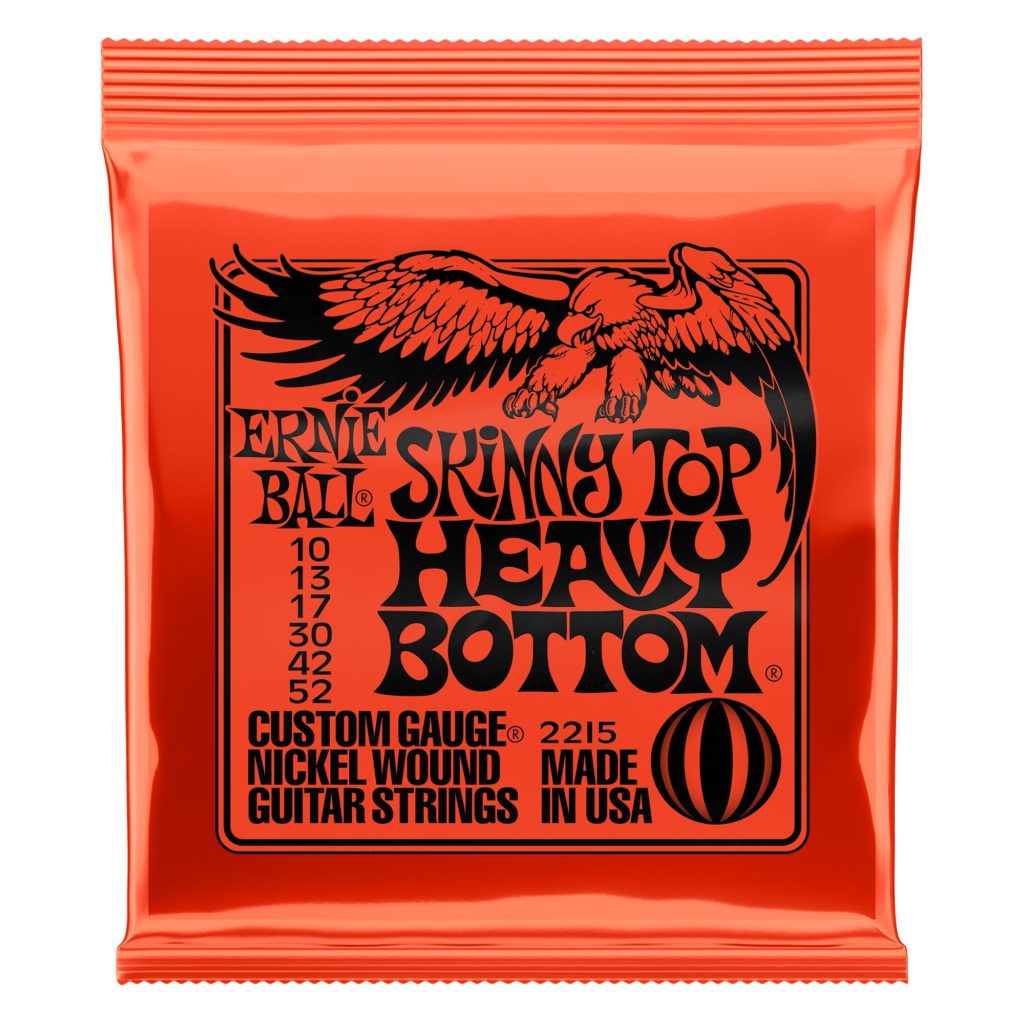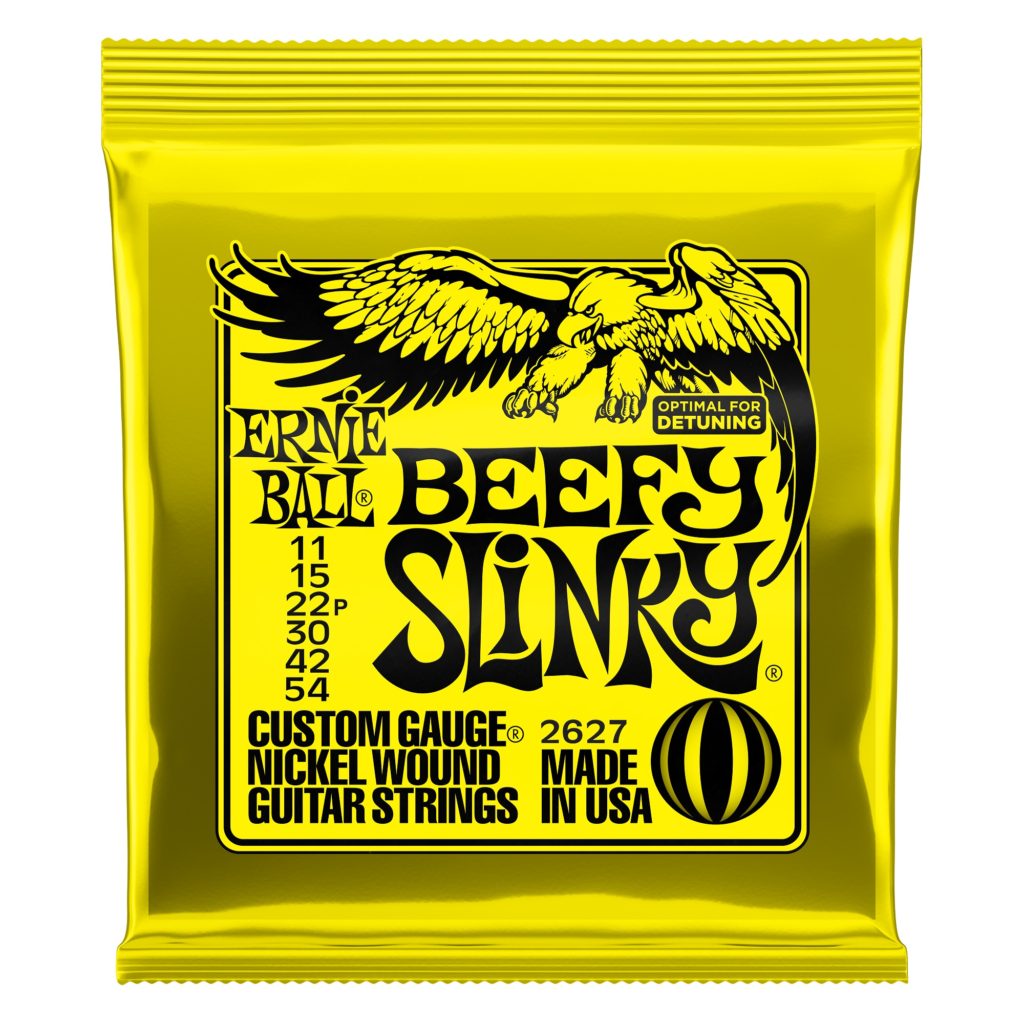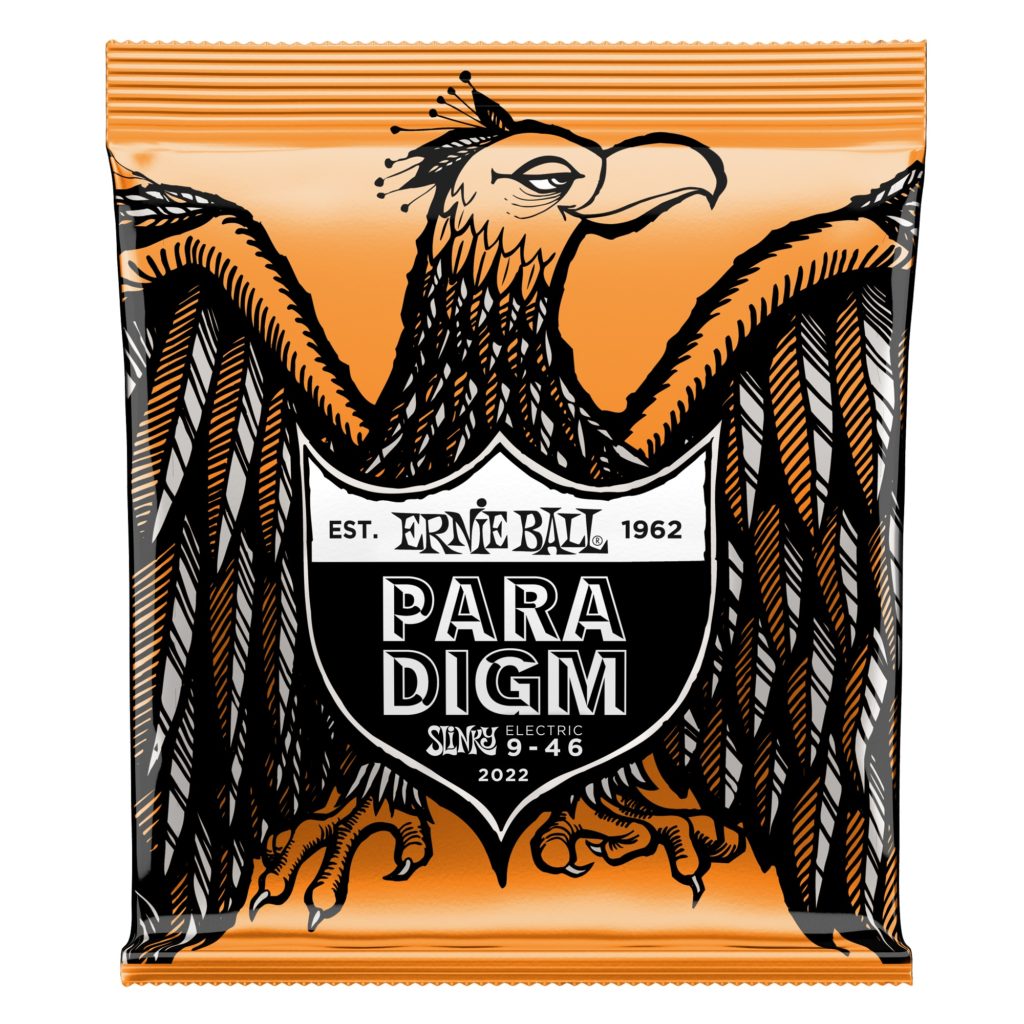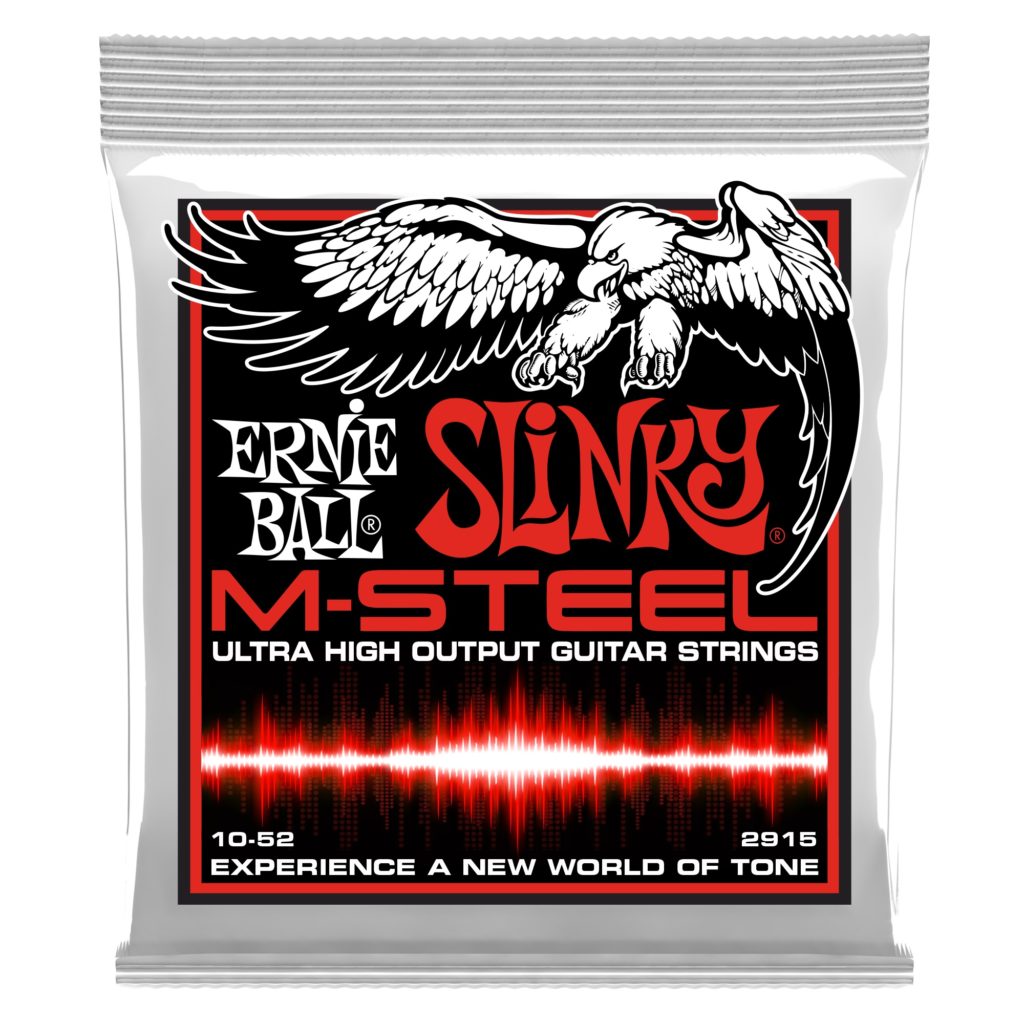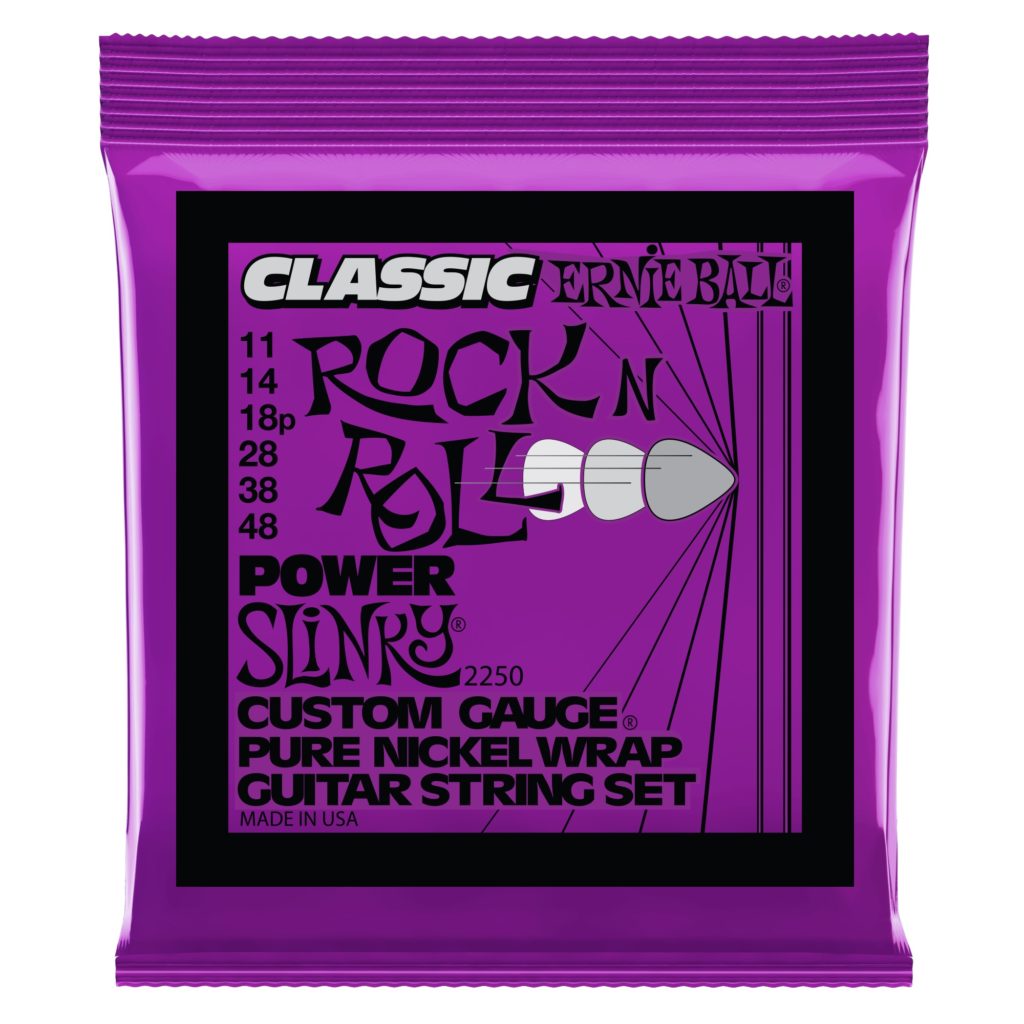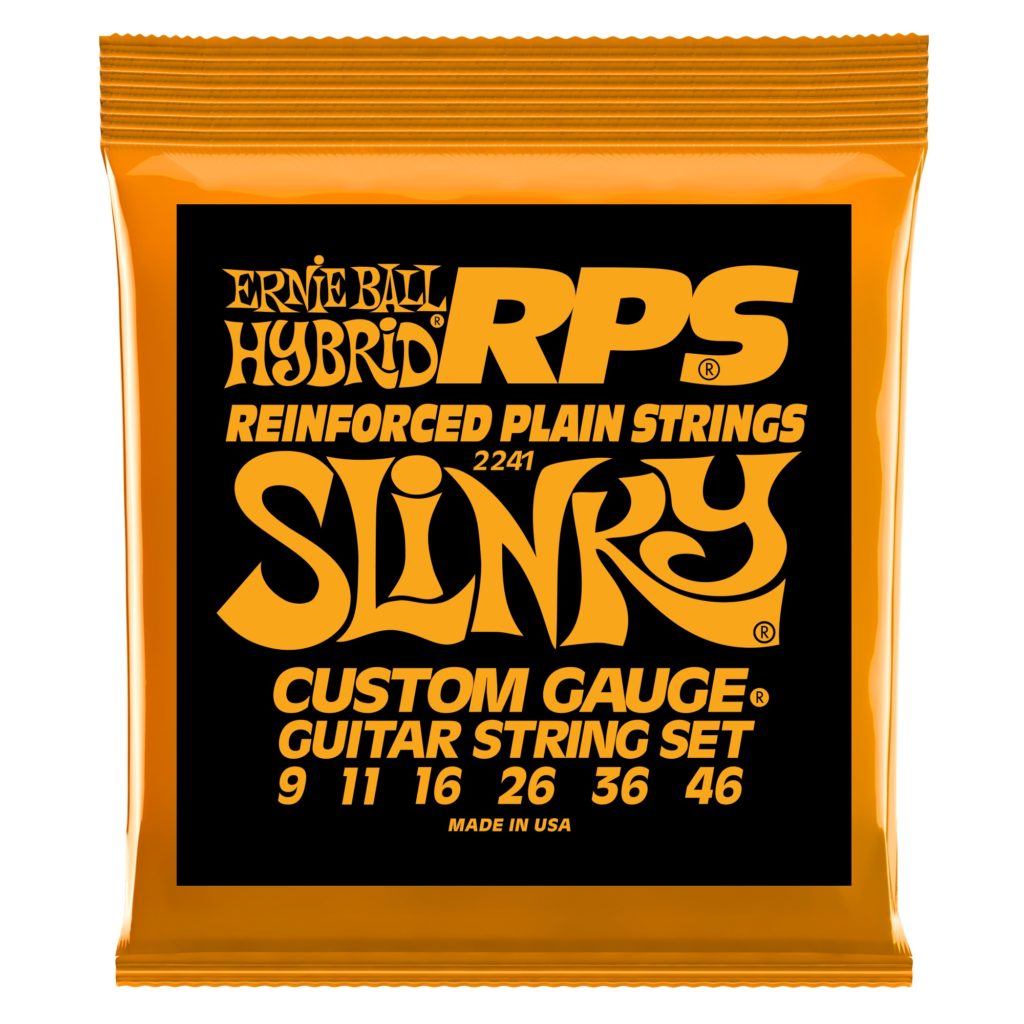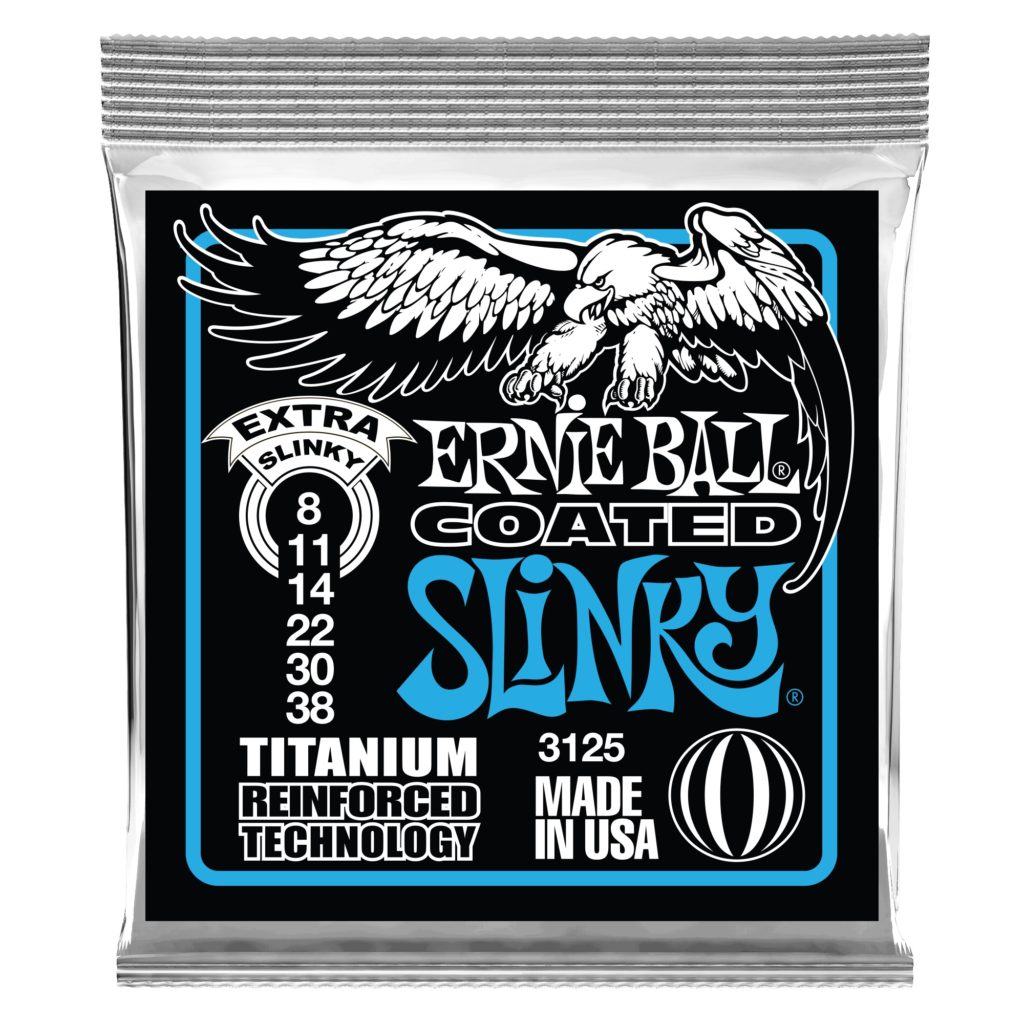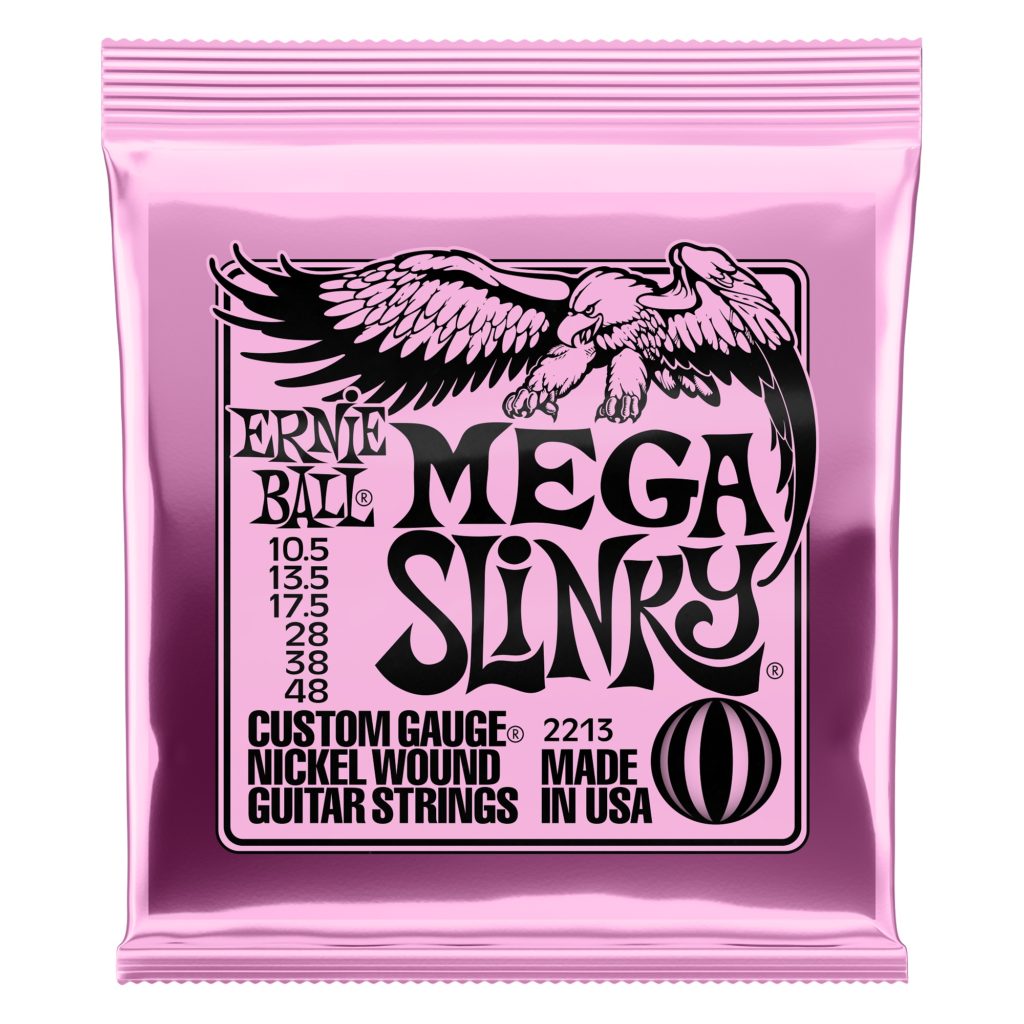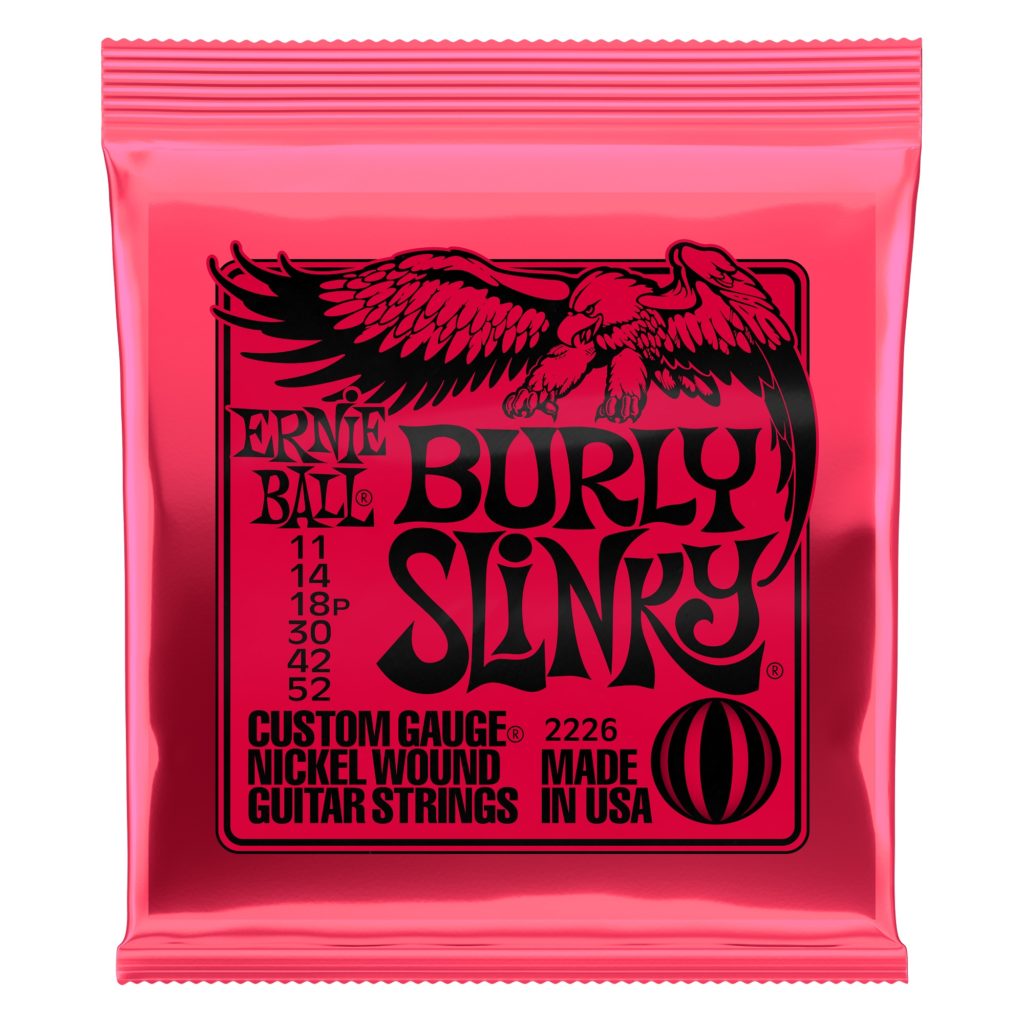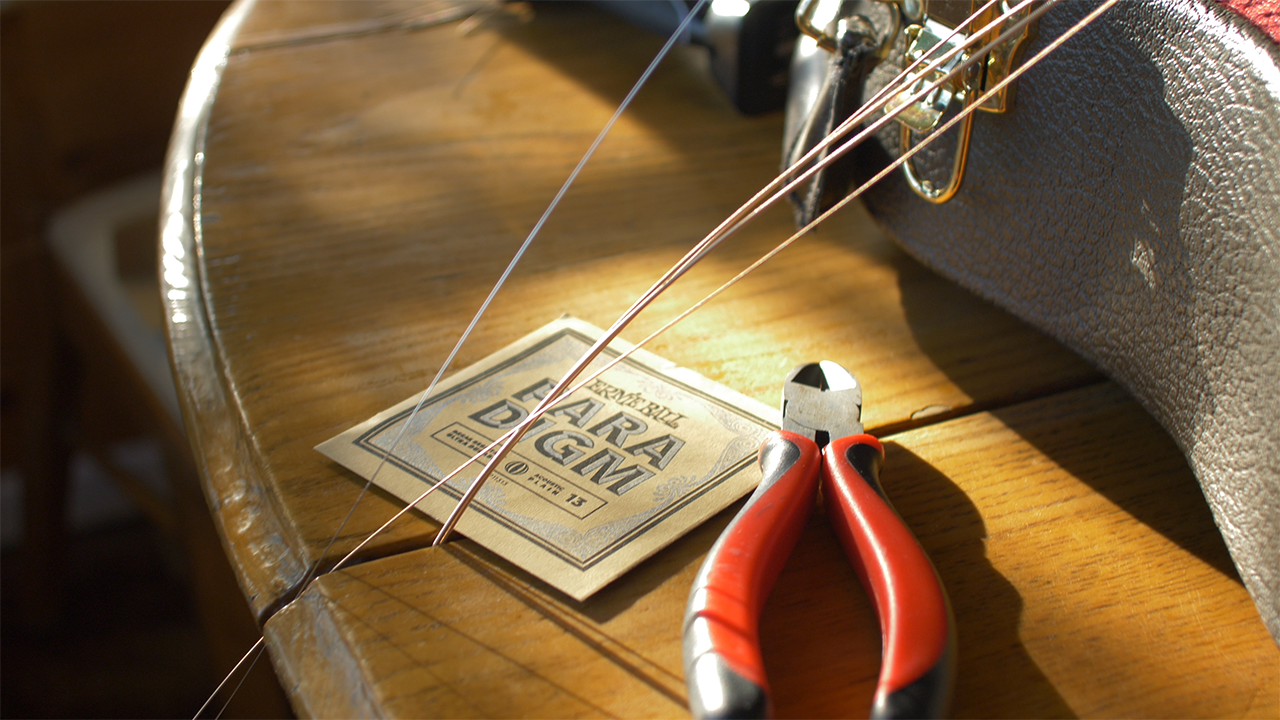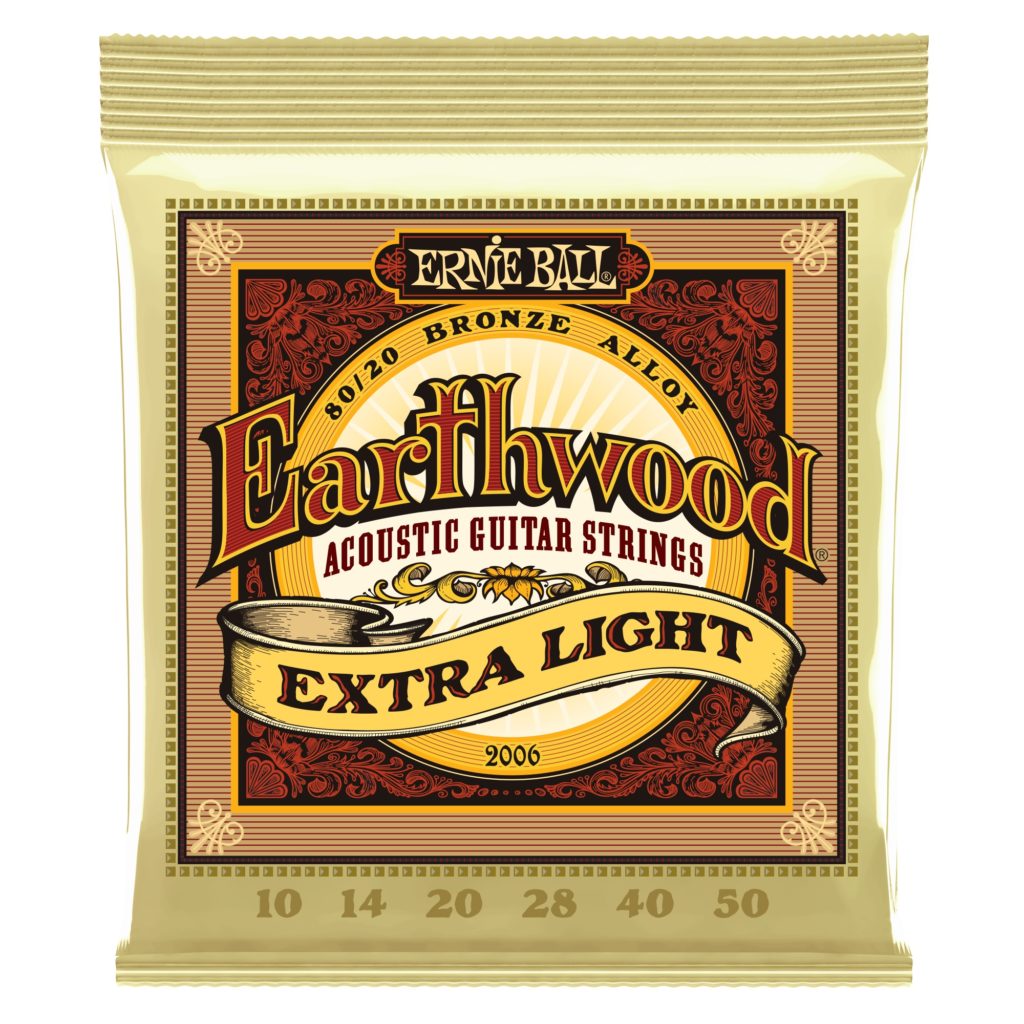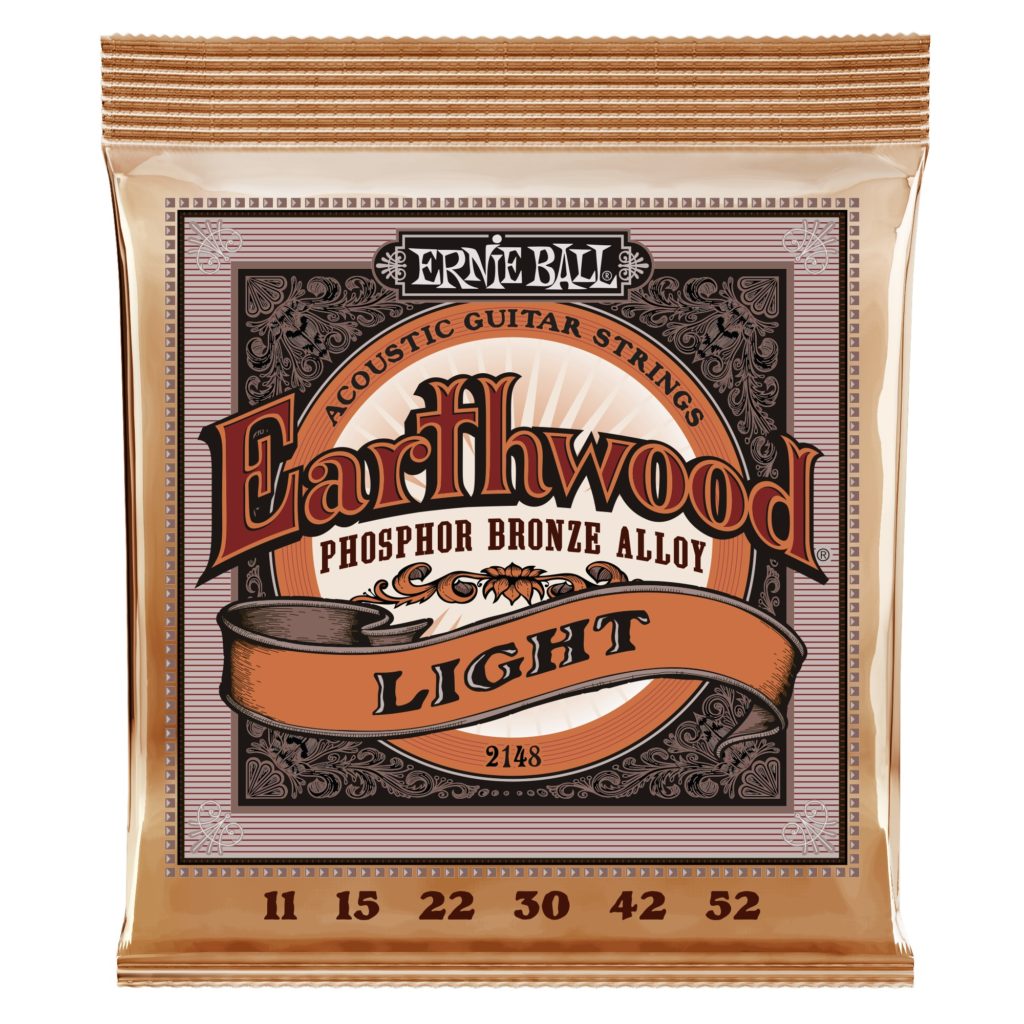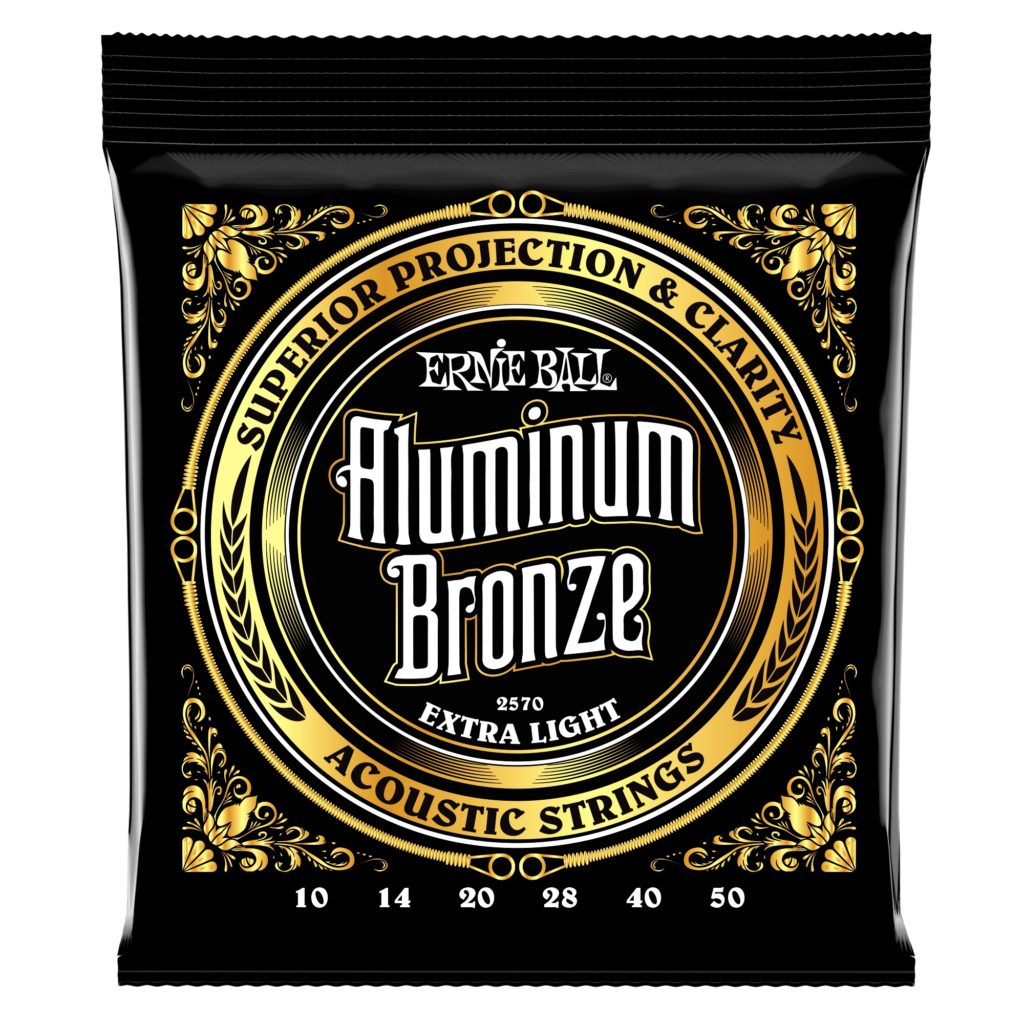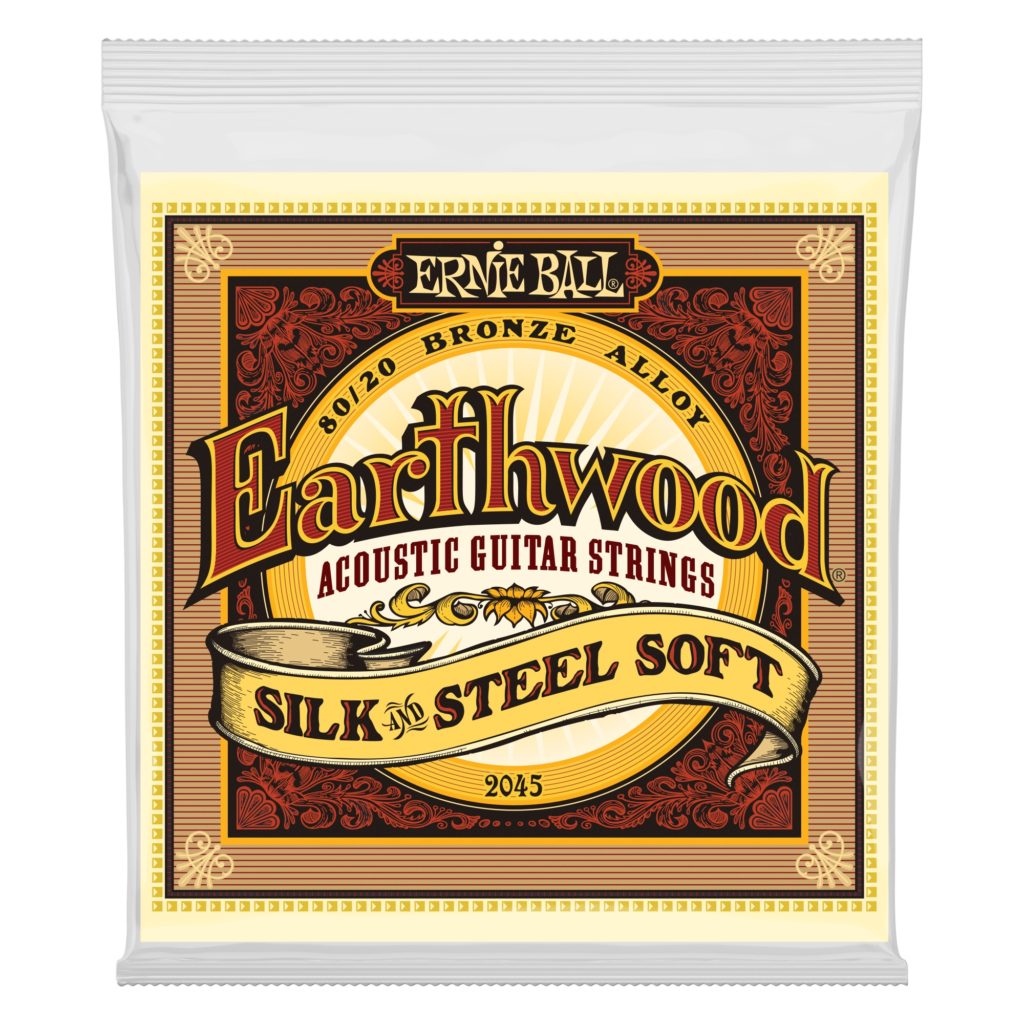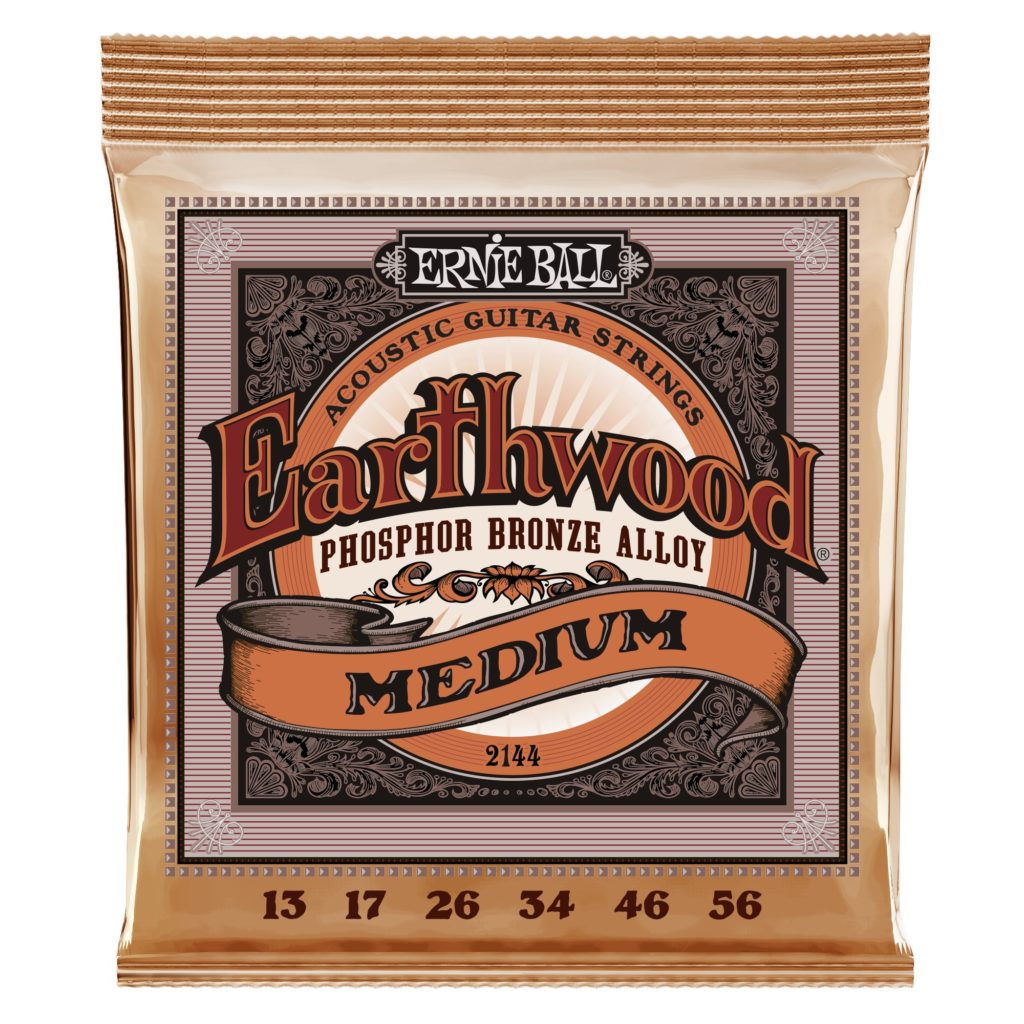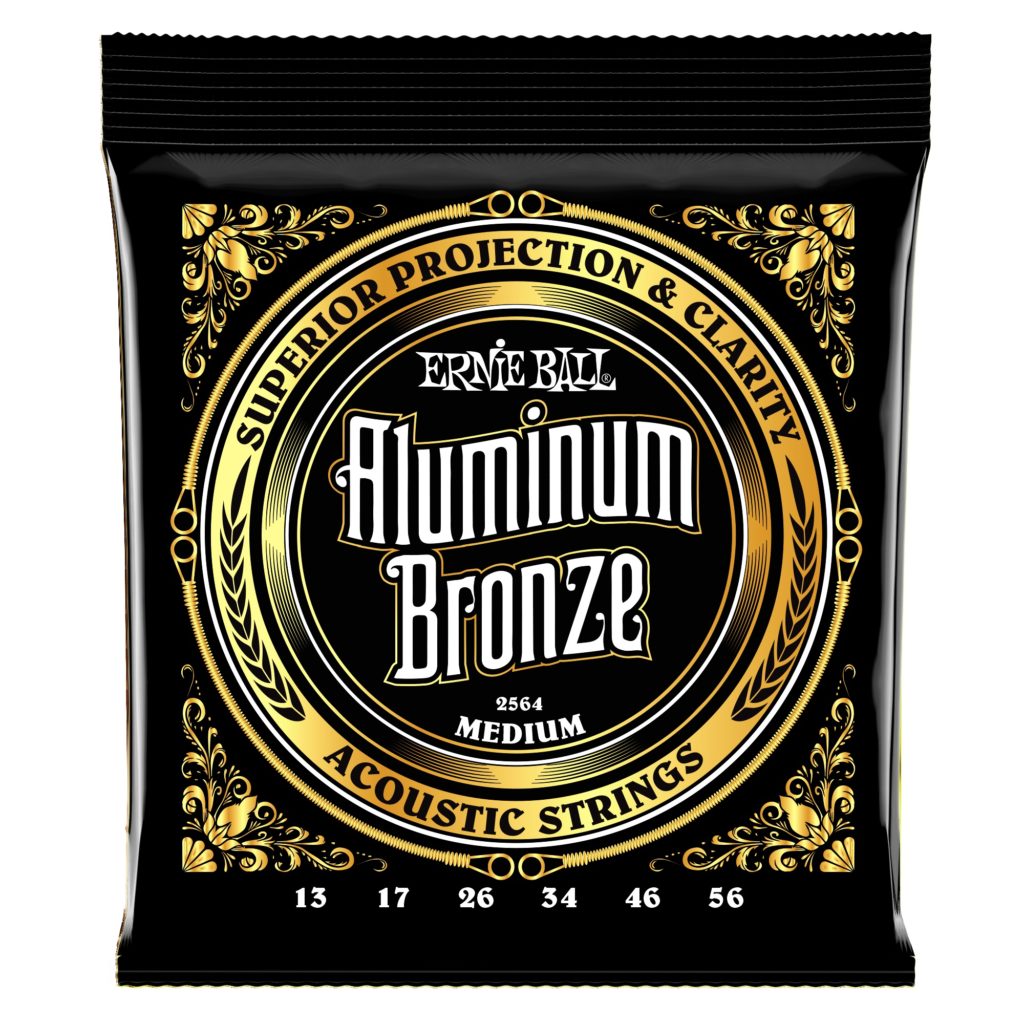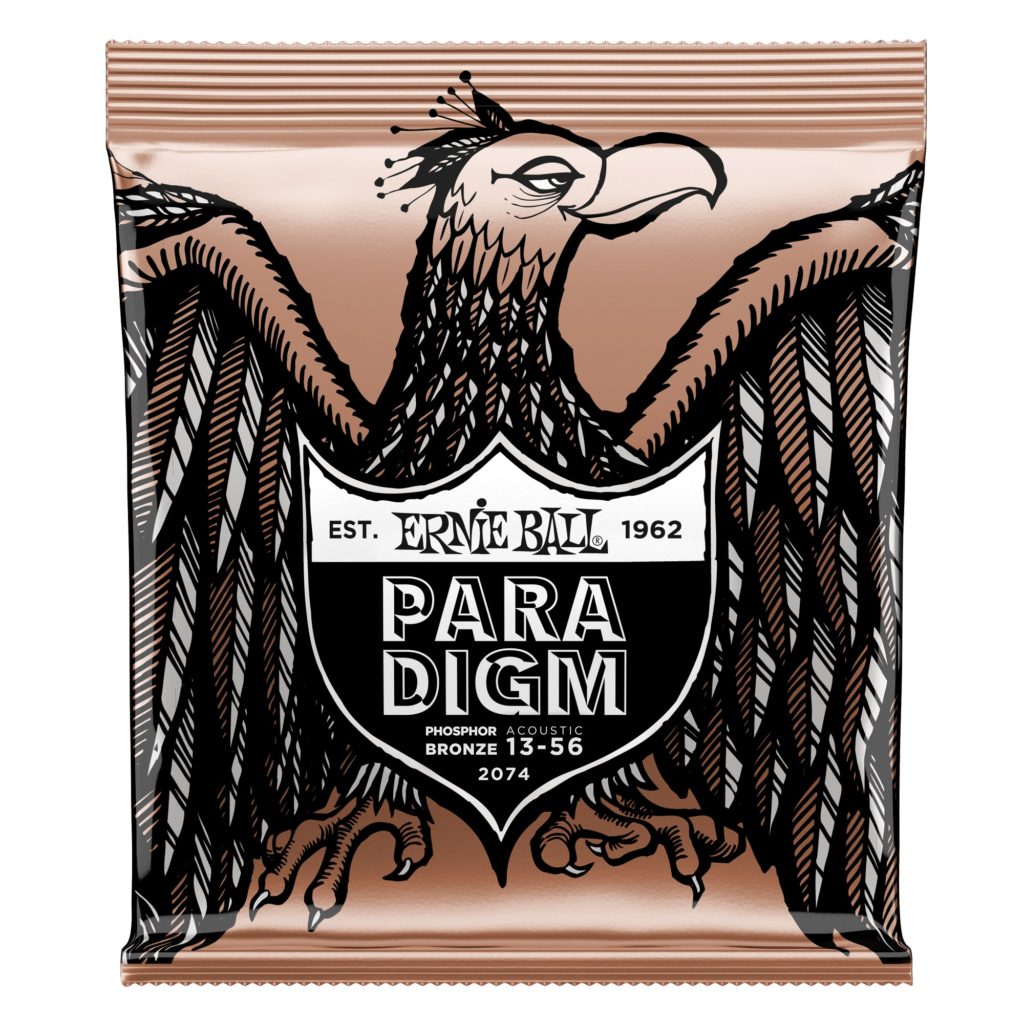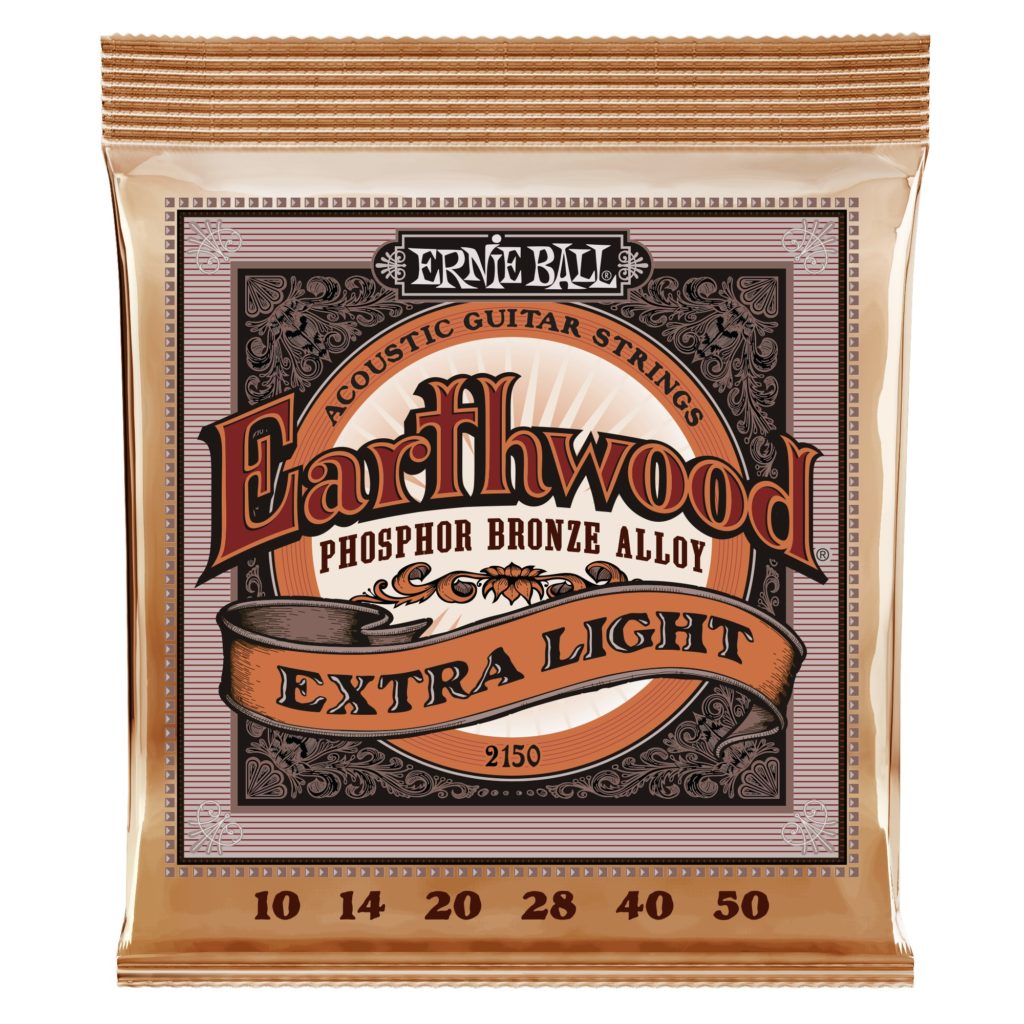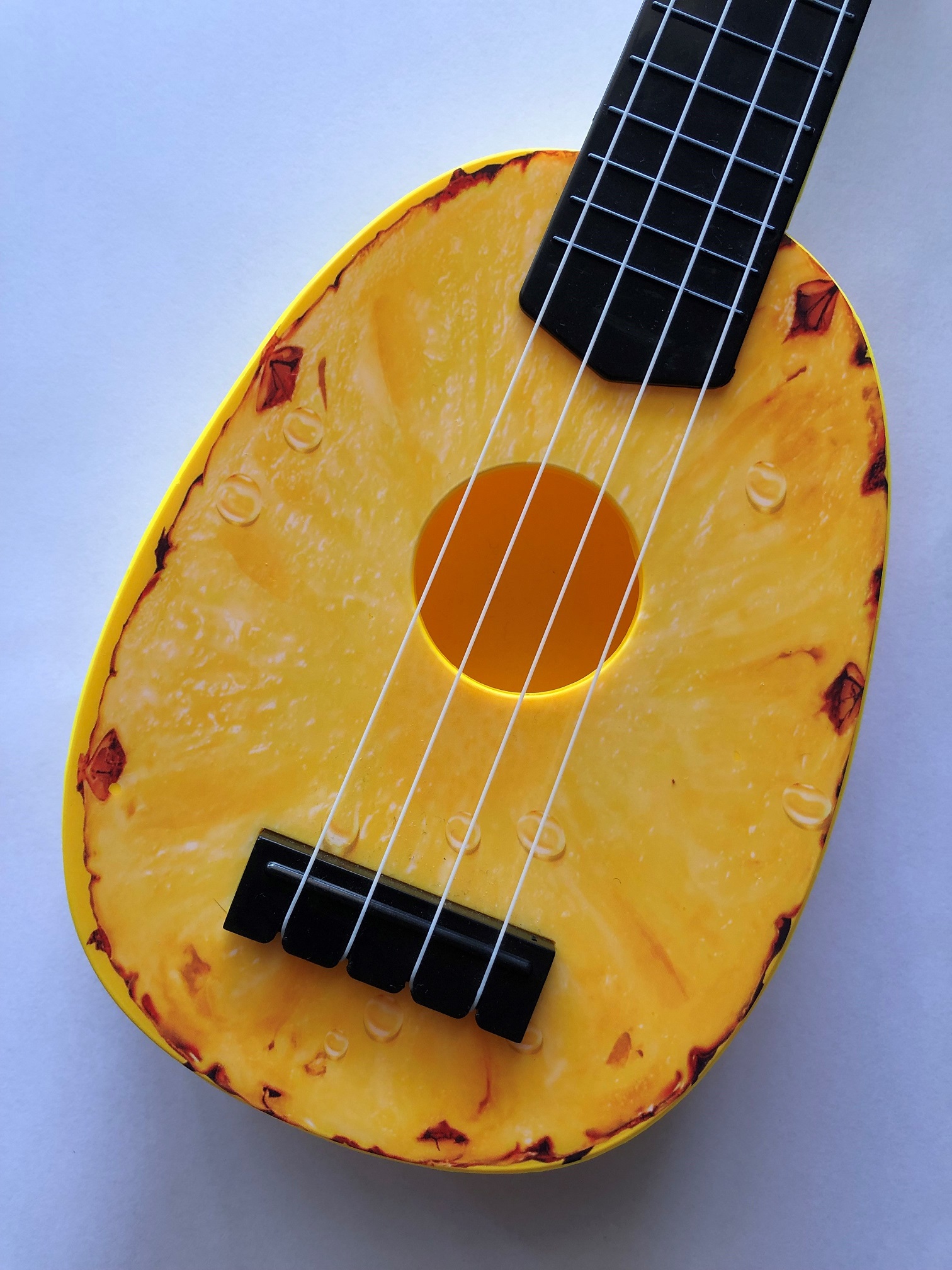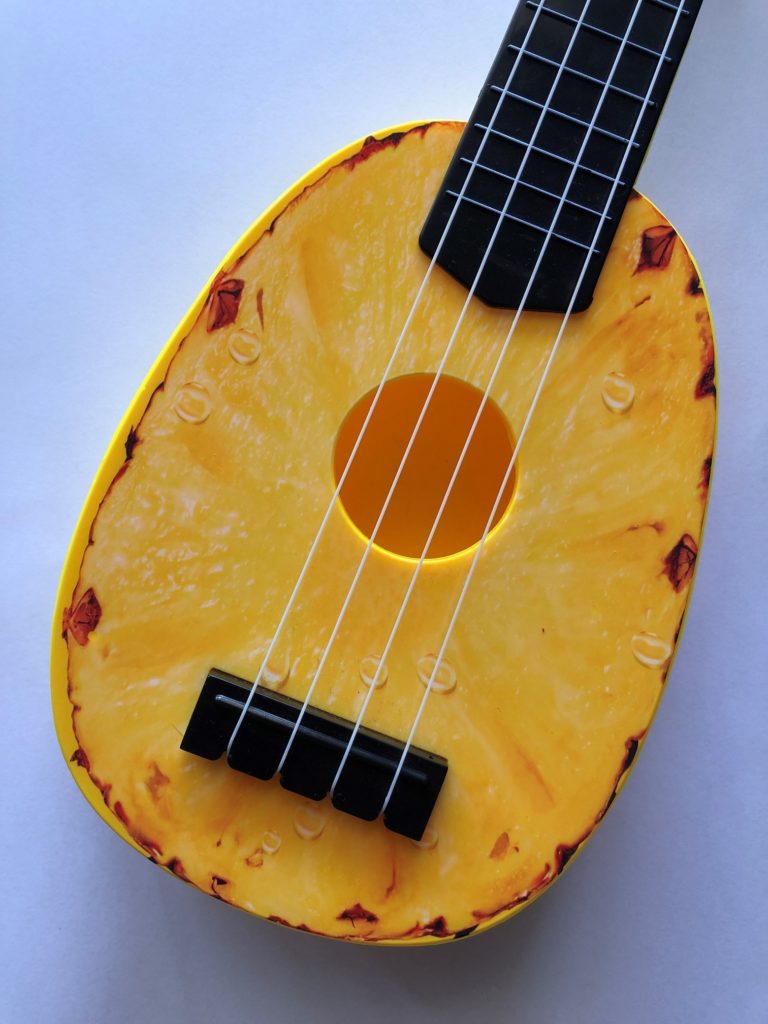
Hannabach is one of the most famous German classical guitar string manufacturers. Well known for their high quality and diverse range, Hannabach offers up to five different string tensions in some of its model ranges.
With tensions ranging from super low to super high, Hannabach offers strings to suit everyone.
Let us look through some of their range from the lowest to the highest price point.
500 Series
High precision clear nylon trebles, and multi-filament core silver plated copper wire basses, the 500 Series offers a surprisingly good entry point into the world of Hannabach.
At this price point these strings suit either the budget minded amateur, or the professional who changes strings more frequently to achieve their preferred sound.
600 Series
Using similar high precision clear nylon trebles, and multi-filament core silver plated copper wire basses found on the 500 Series, the 600 Series has a “Carbon” third G string replacing the nylon string from the 500 Series.
Some players prefer the smaller diameter of the Carbon third to improve intonation, and provide a brighter higher attack option, with better transition from trebles to basses.
The basses are also anti-corrosive treated.
800 Series
High precision high-density nylon trebles, and multi-filament core silver plated copper wire basses, they sound brilliant, but not intrusive and provide a decent bass tone. The trebles, made from high-density nylon, offer the typical, slightly damped sound of nylon strings. Today the 800 series is the high-level entry into the world of Hannabach.
815 Series
High precision round nylon trebles (100% uniform round without irregularities or deviations), and multi-filament core silver plated copper wire basses, offering pristine sound quality and fulfills professional demands for playability, intonation and tuning stability requirements. The bass strings have a thicker silver coating for longevity.
Many players consider the 815 Series perfectly balanced across all strings making them one of the most popular choices.
728 Custom Made
High precision round clear nylon trebles, and extremely strong synthetic fiber core with hard silver plated copper wire basses, mark the fine-tuning of this series. The synthetic fiber core offers a clearer sound that last longer.
The bass strings are nickel and cadmium free. The environmentally friendly packaging consist of only one paper bag.
Hannabach 850 PSP (Polished)
Featuring the same precision round nylon trebles as the 815 Series, the bass strings are what set this series apart. The bass strings are multi-filament core silver plated copper wire basses, but importantly these bass strings are polished.
Polishing the bass strings is an expensive process, but done correctly the polishing process largely reduces or eliminates string squeak produced by the fingers. The reduction in squeaking is most appreciated in the recording or concert environments.
The polishing process can remove the silver plating and make the basses inconsistent and/or dull in appearance. This is perfectly normal for polished strings.
Hannabach 825 Gold
Featuring the same precision round nylon trebles as the 815 Series, the bass strings are what set this series apart. The bass strings are multi-filament core copper wire basses, but importantly these bass strings are coated in 24K Gold.
The Gold coating is resistant to the acid produced by the hands, meaning their life is extended beyond that of traditional silver coatings. This is particularly important for those who have sweaty hands.
Apart for the purposeful reason for their coating, the 24K Gold makes them look as expensive as they are.
725 Goldin
High precision round flurocarbon trebles, and high-density fiber core with golden alloy wire basses. The trebles have a yellowish tint, and their “carbon” material leads to an overall brighter sound than nylon, but not unnaturally bright like some carbon trebles.
Hannabach Goldins are a top seller in the high end range, with many players praising the strings for their ability to make any guitar sound better, and for having good longevity.
The overall sound is strong and brilliant making the Goldin a favourite with concert players who demand high volume.
Being a medium/high tension set, the Goldins have a tension feel similar to standard high tension strings.
The bass strings are nickel and cadmium free.
Hannabach Soundscape
Strings By Post – in tune with your needs.

